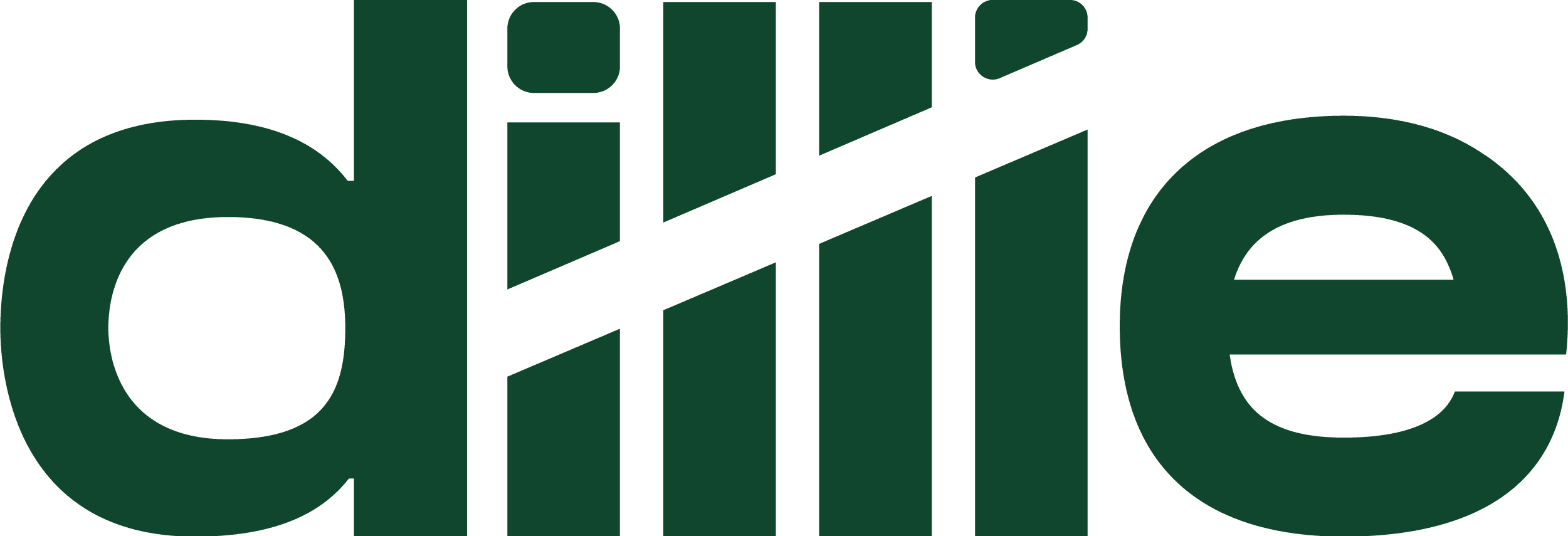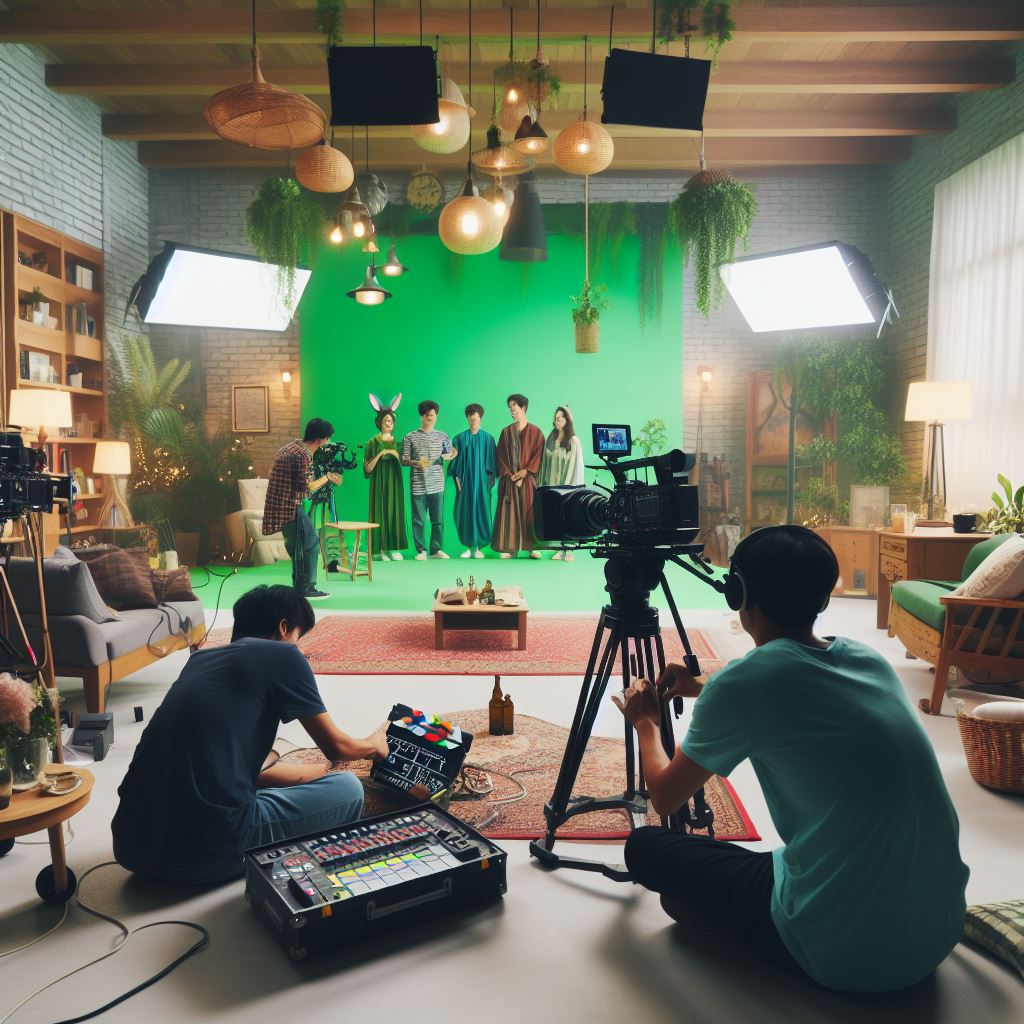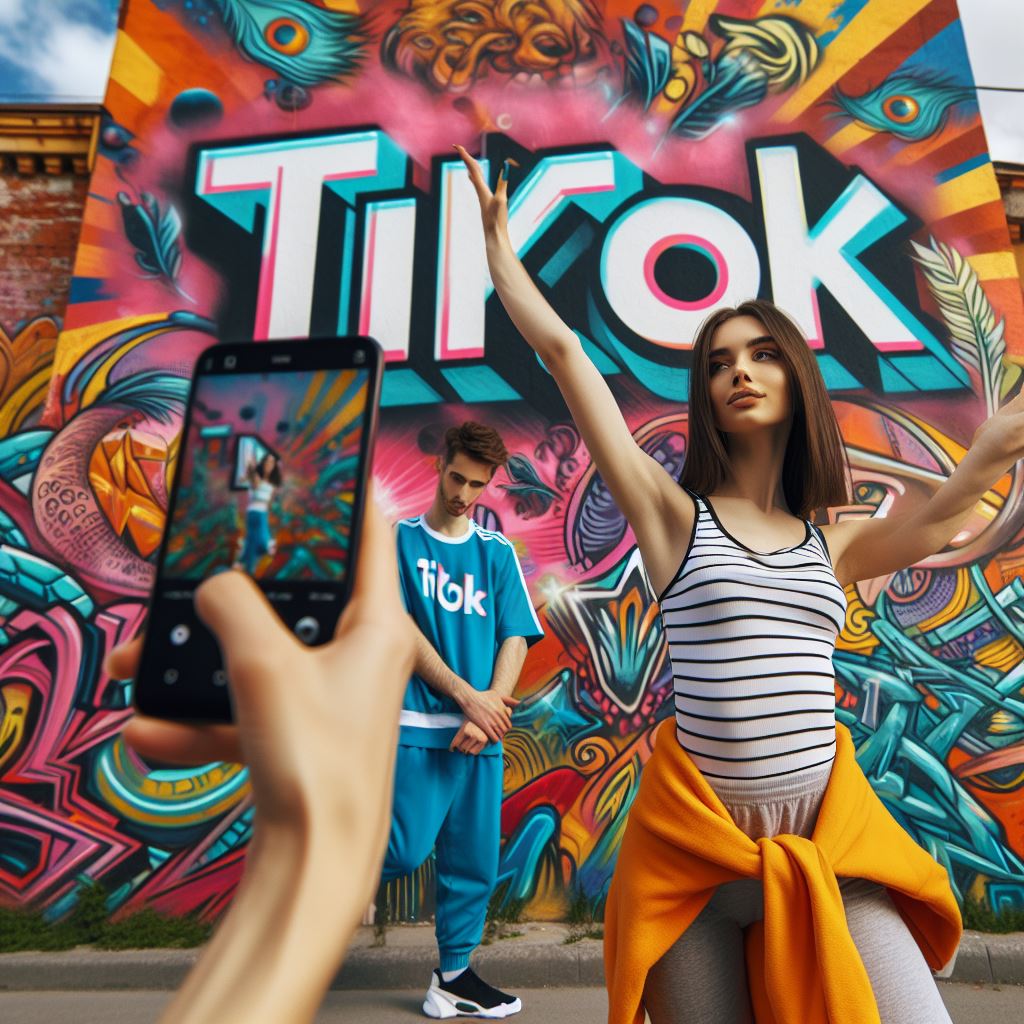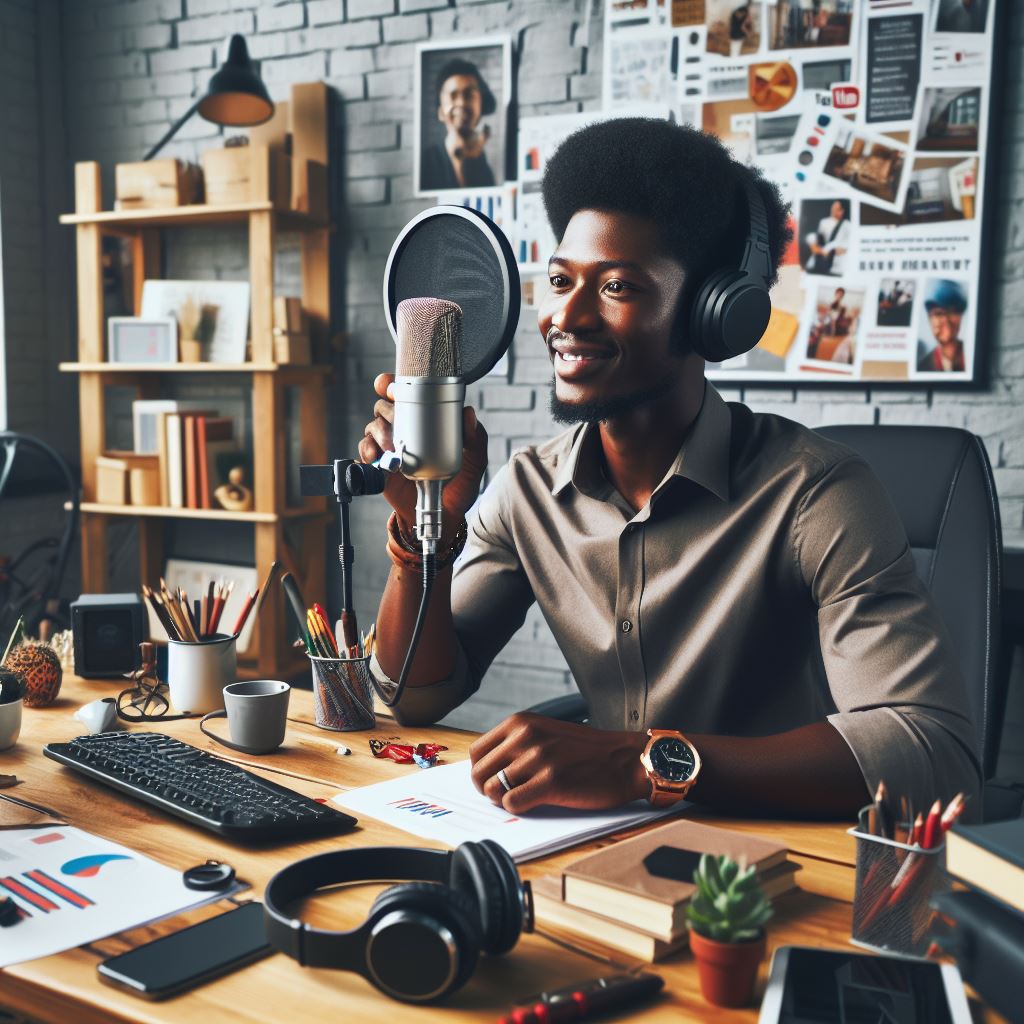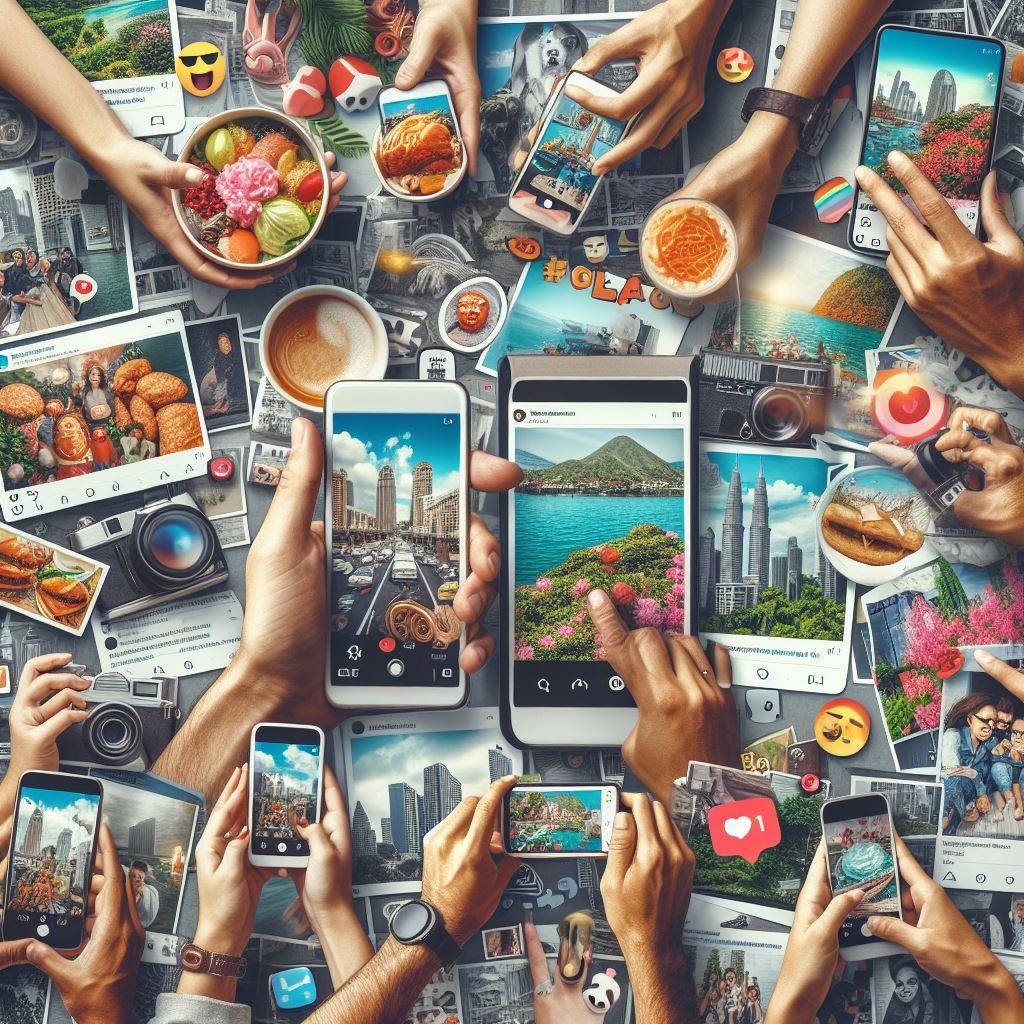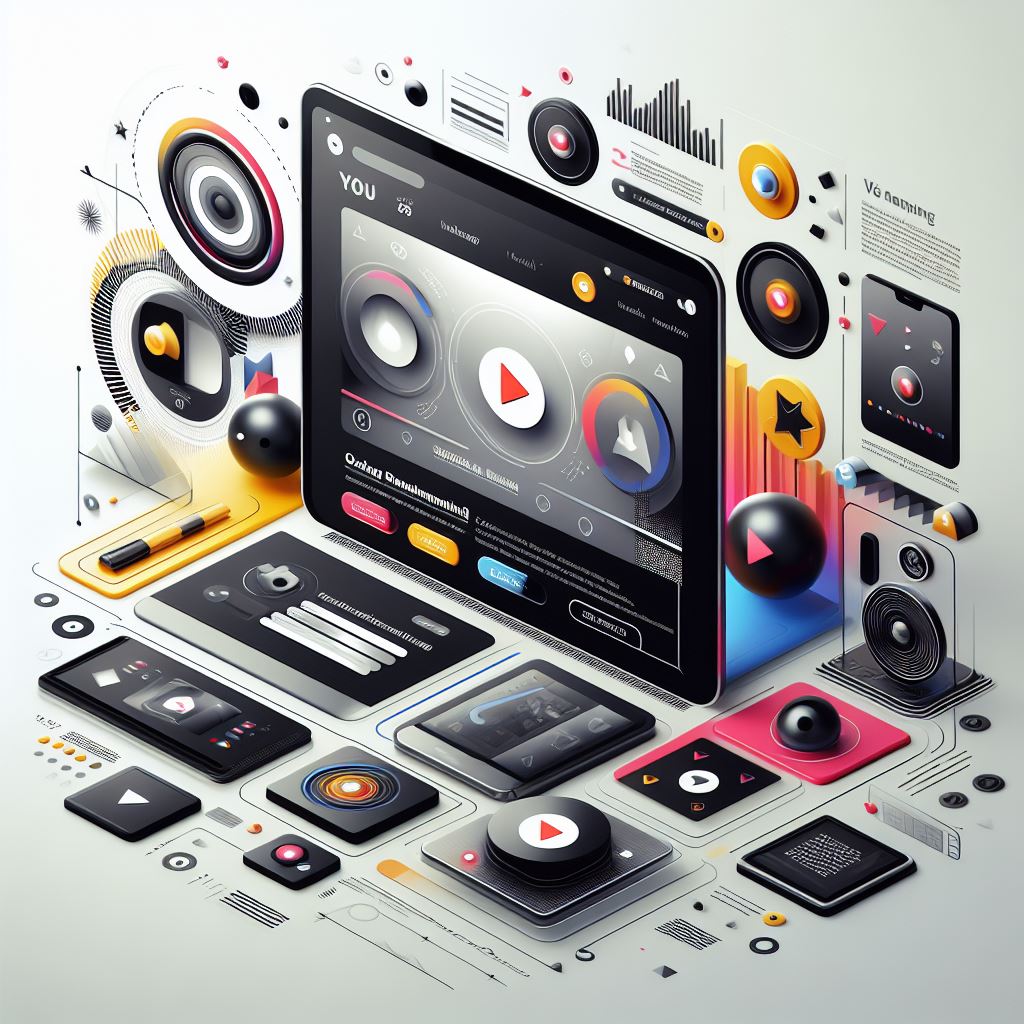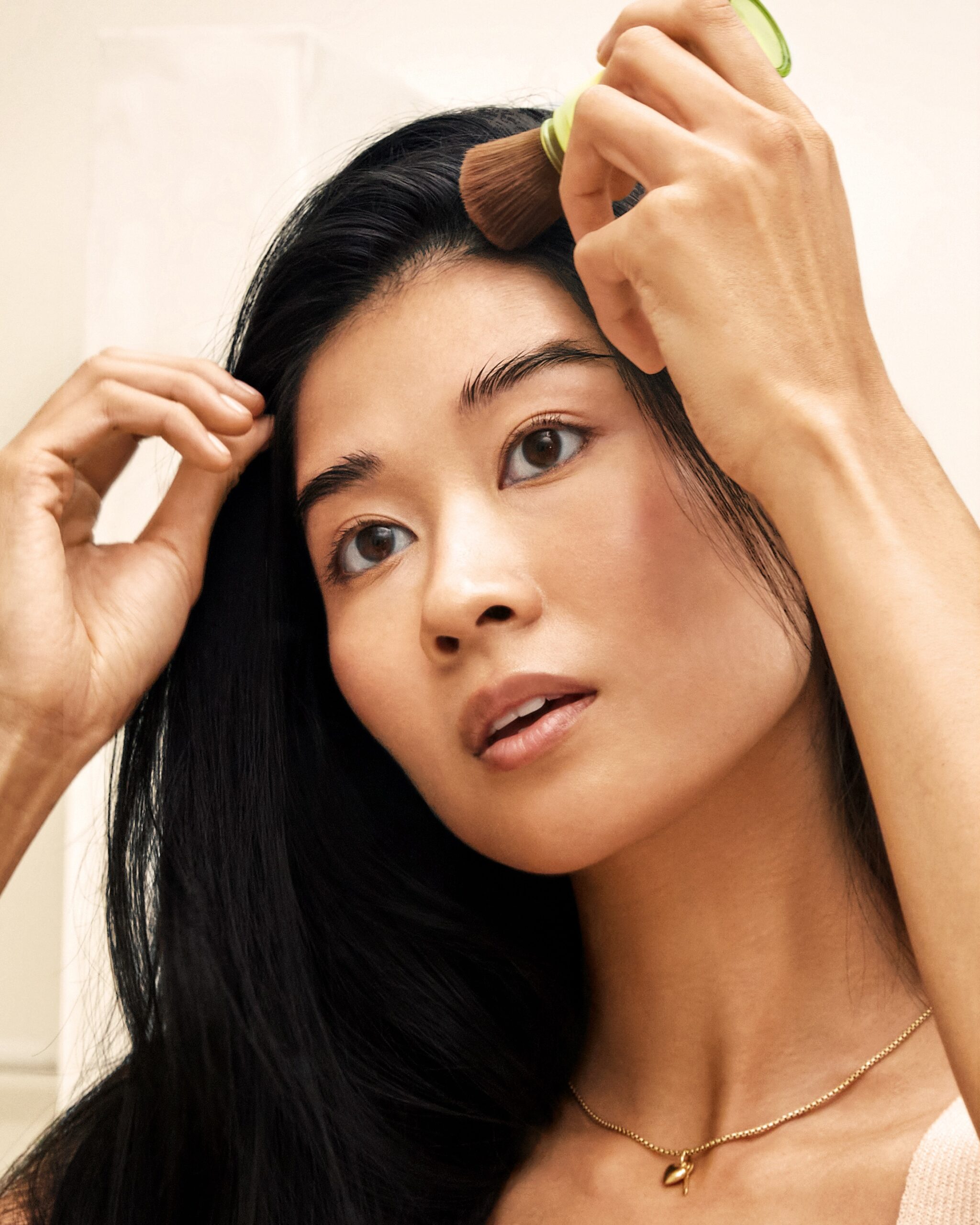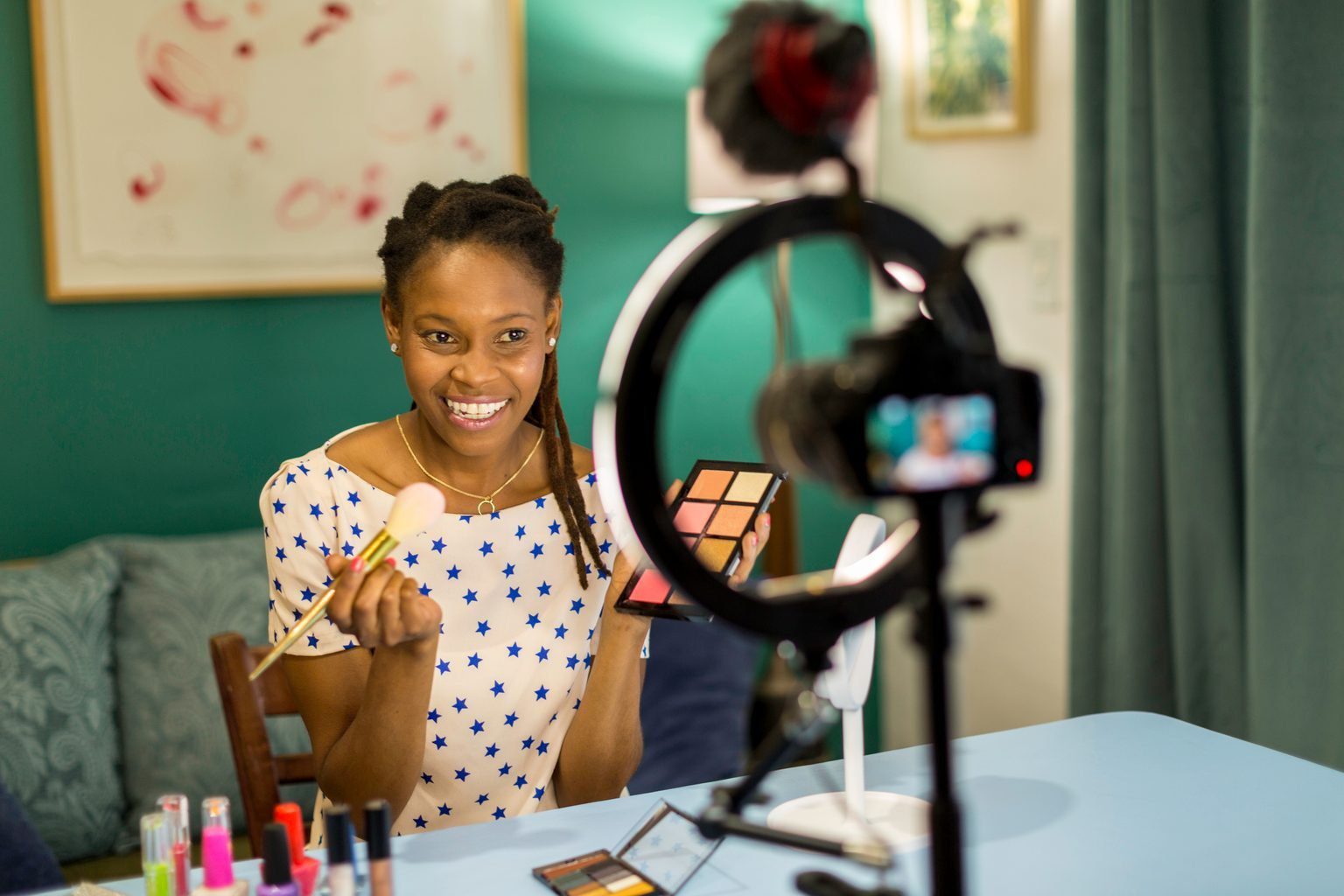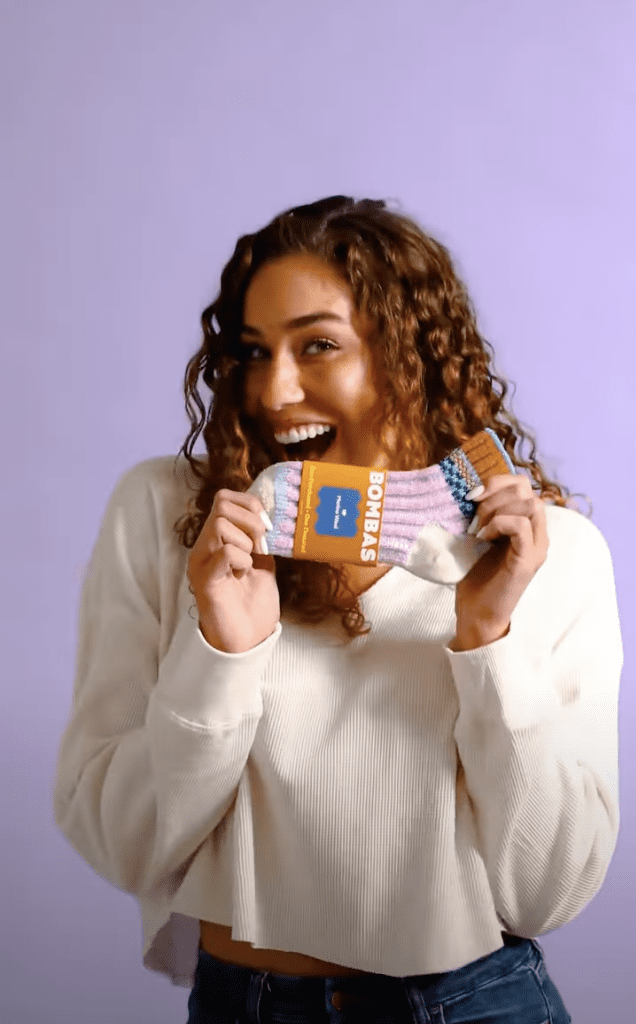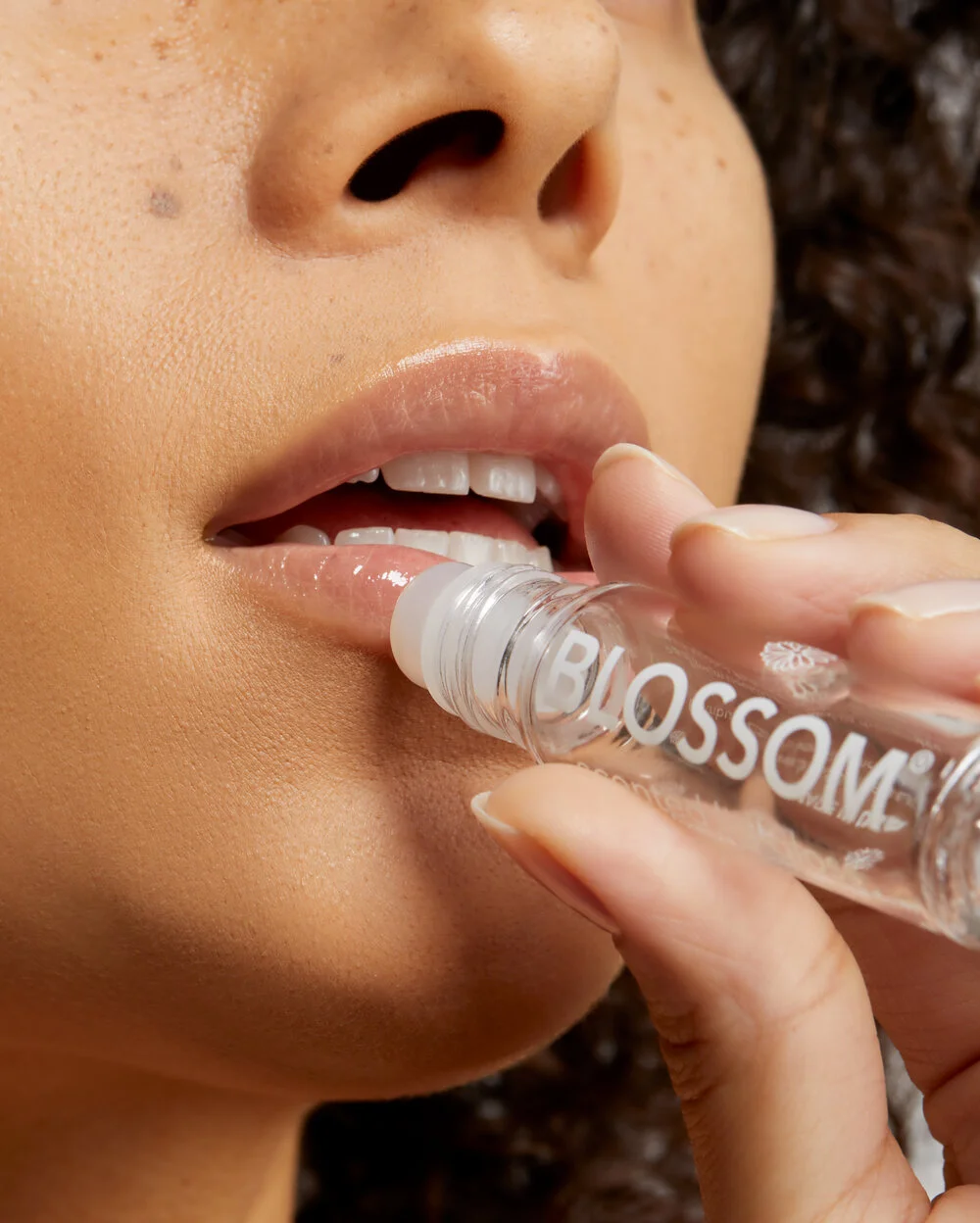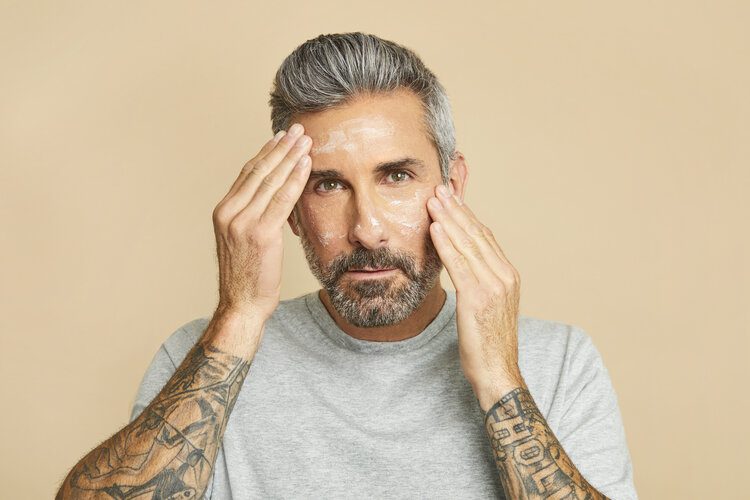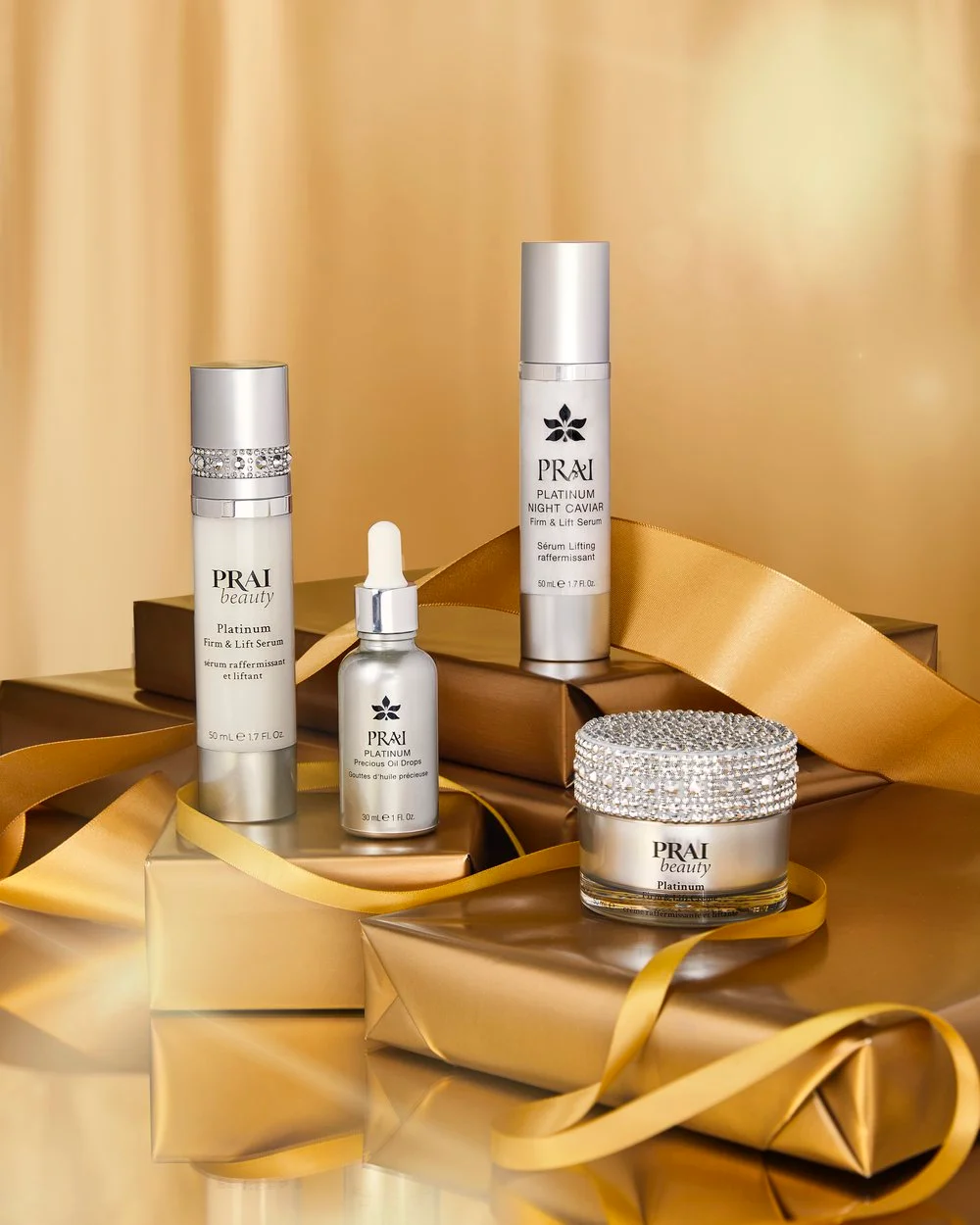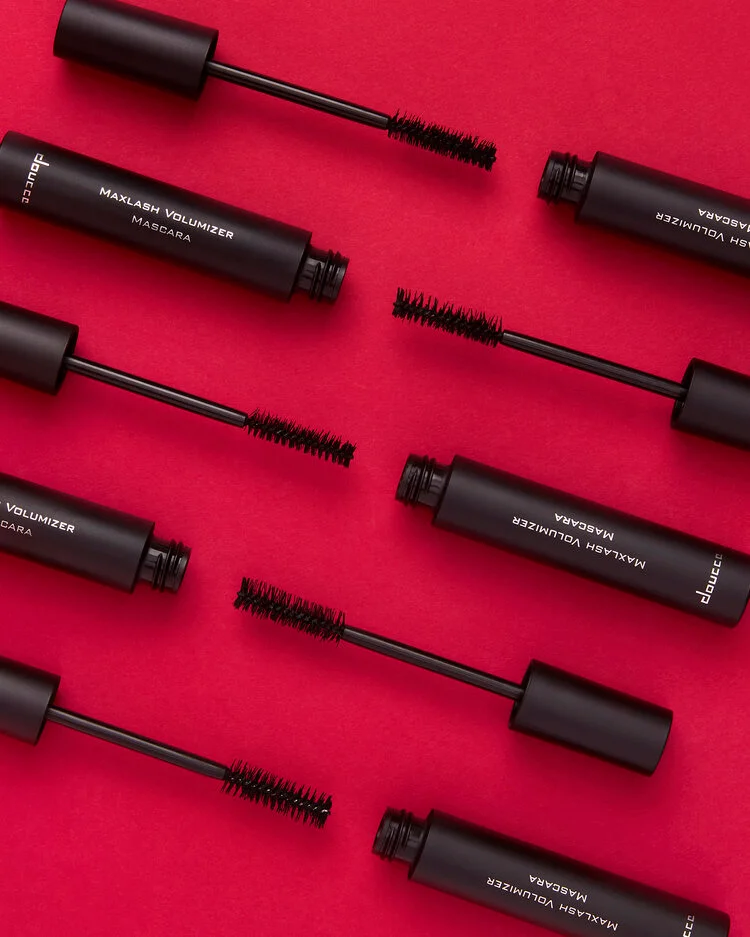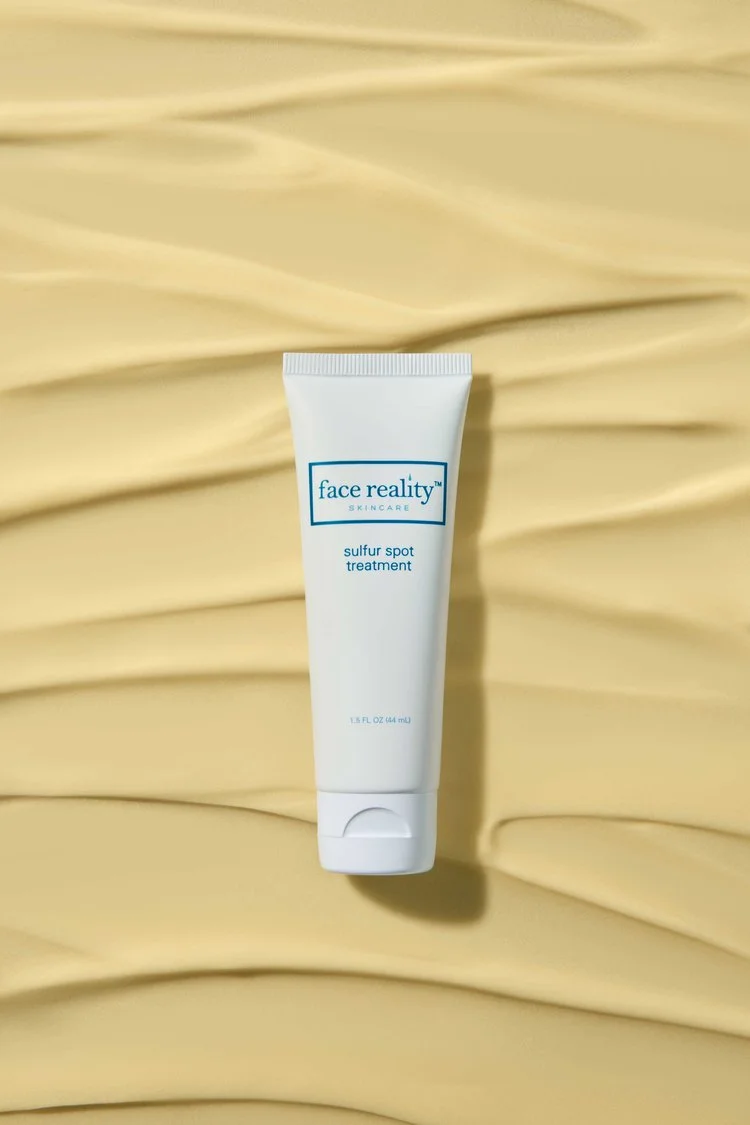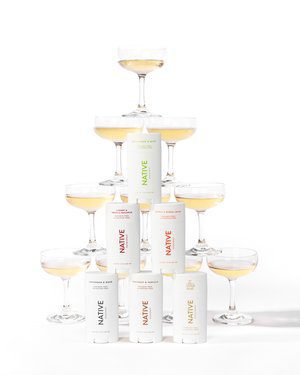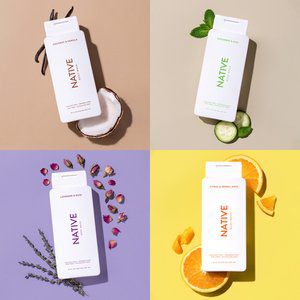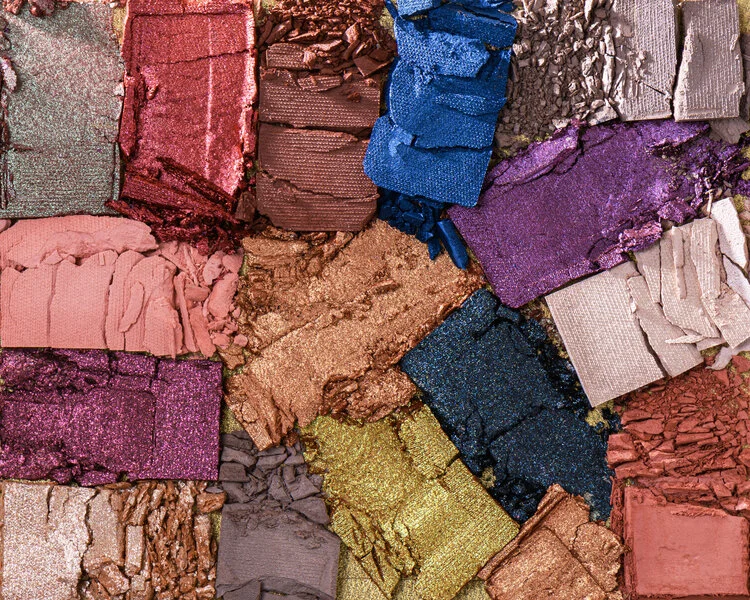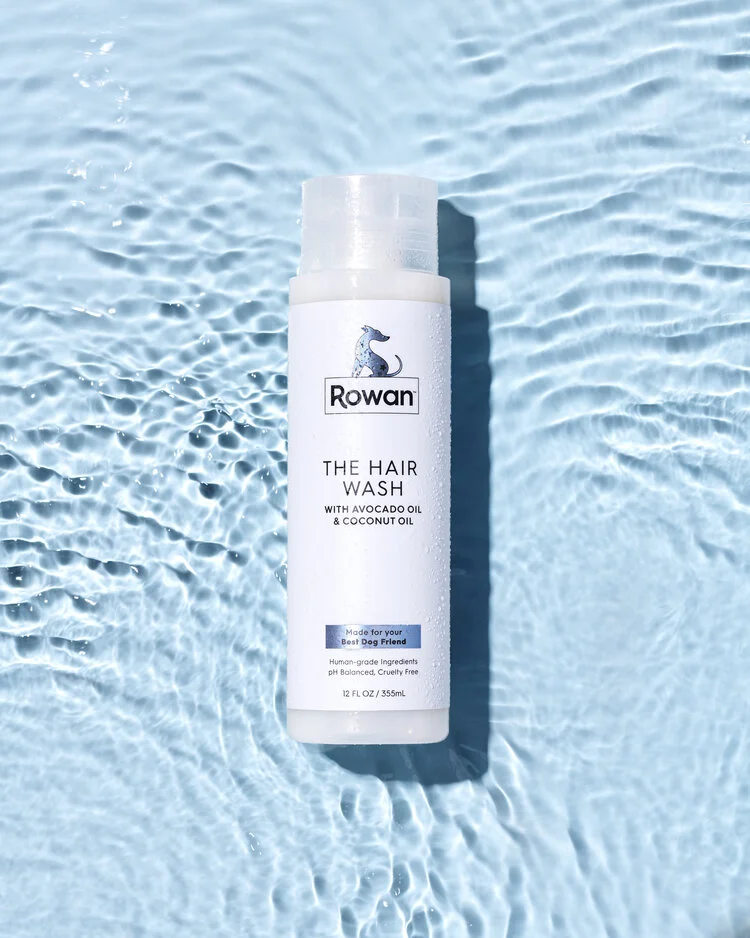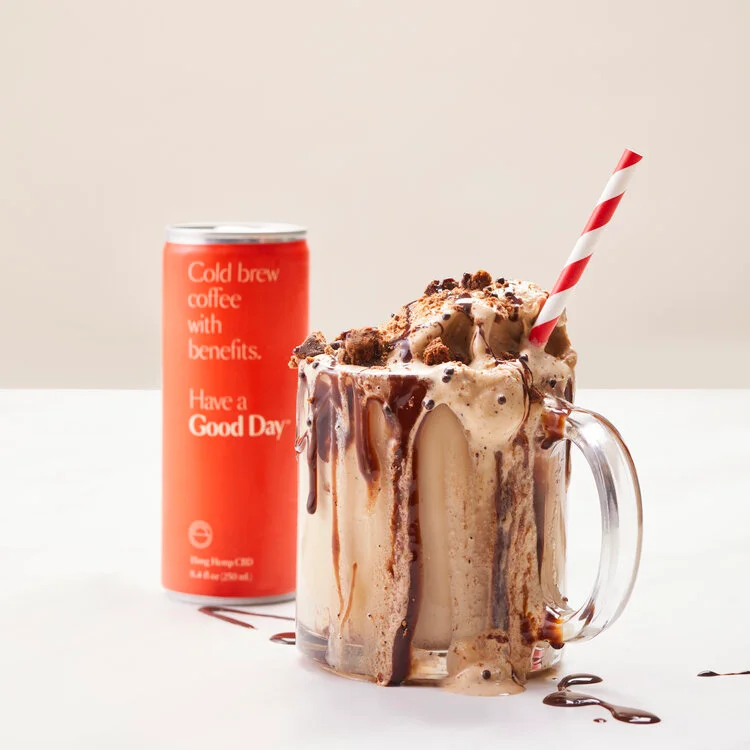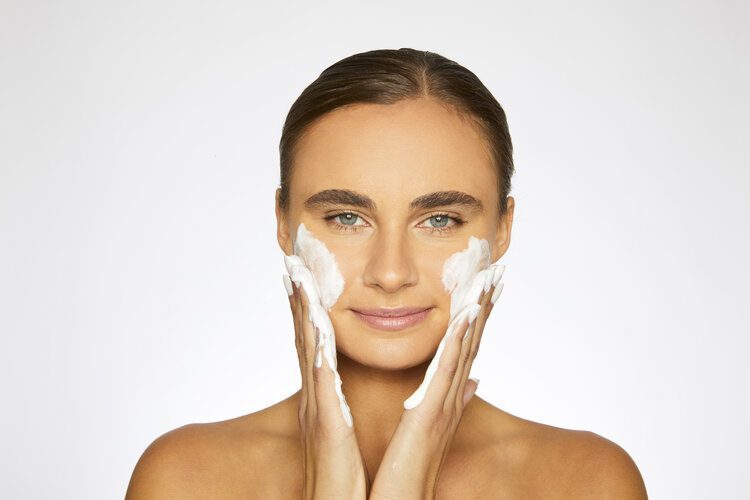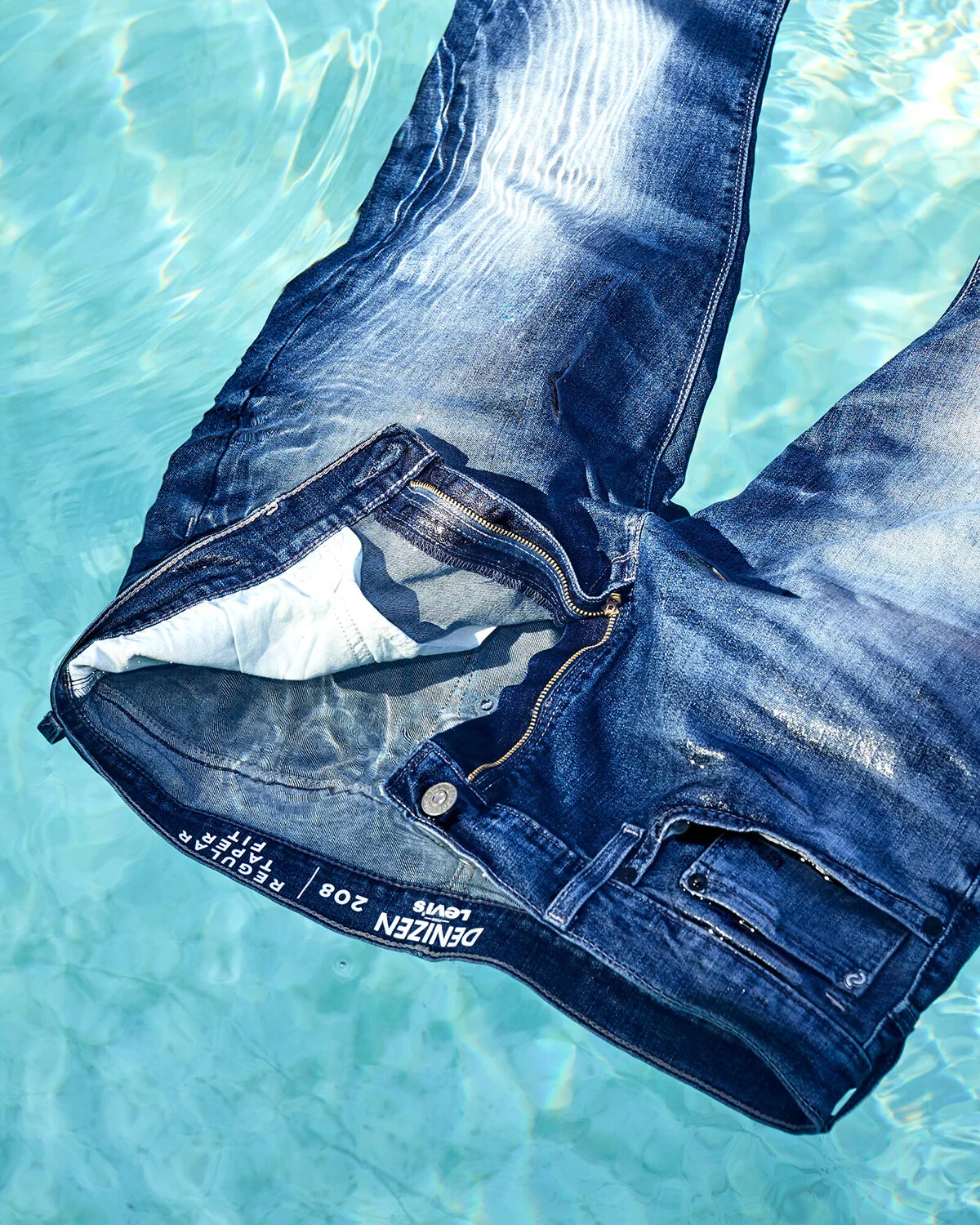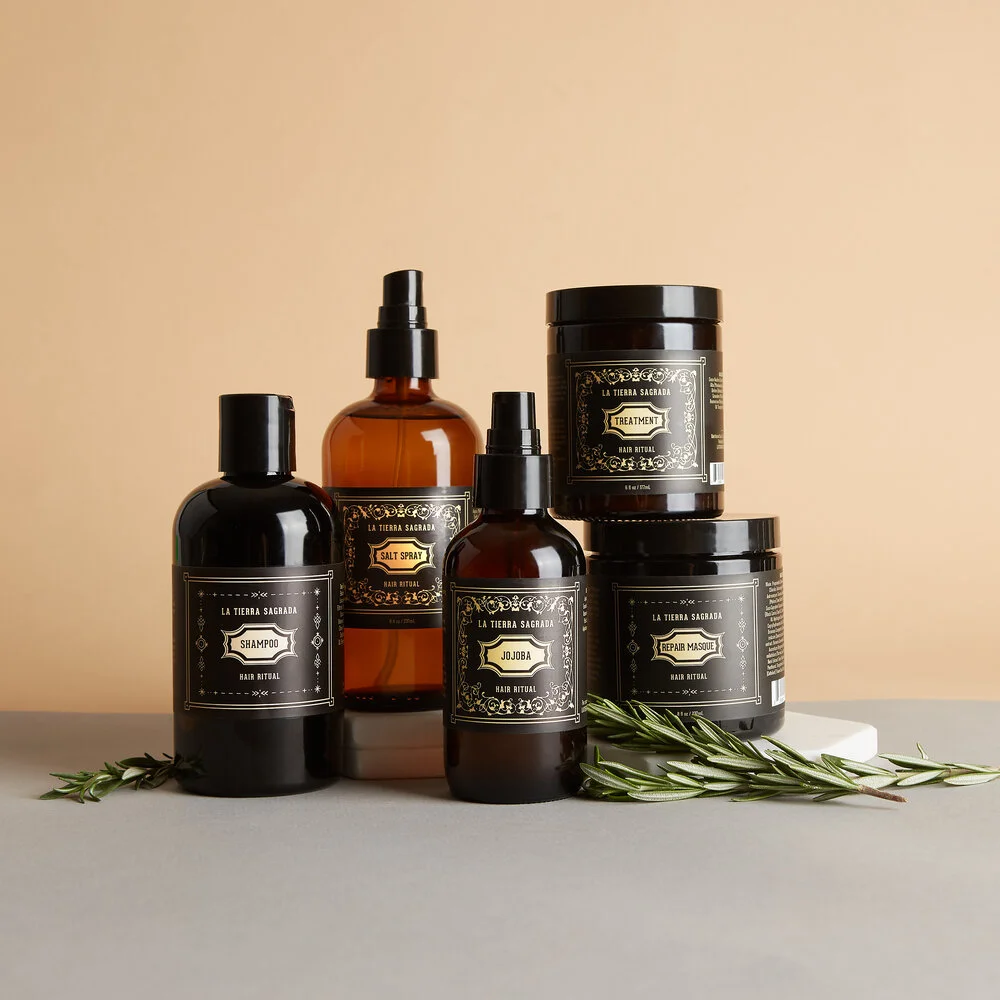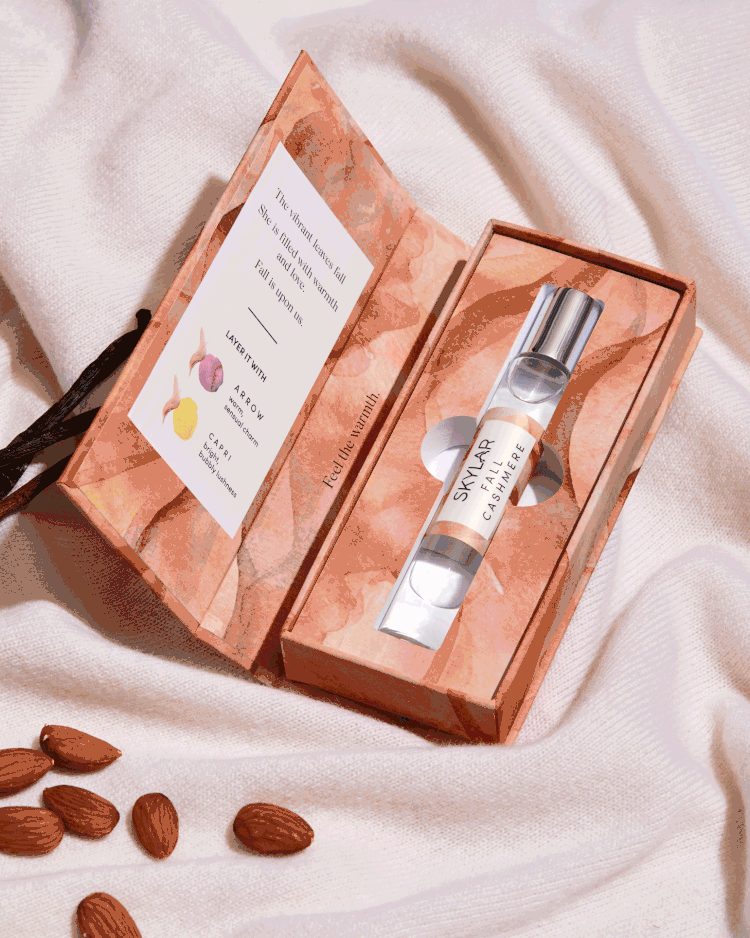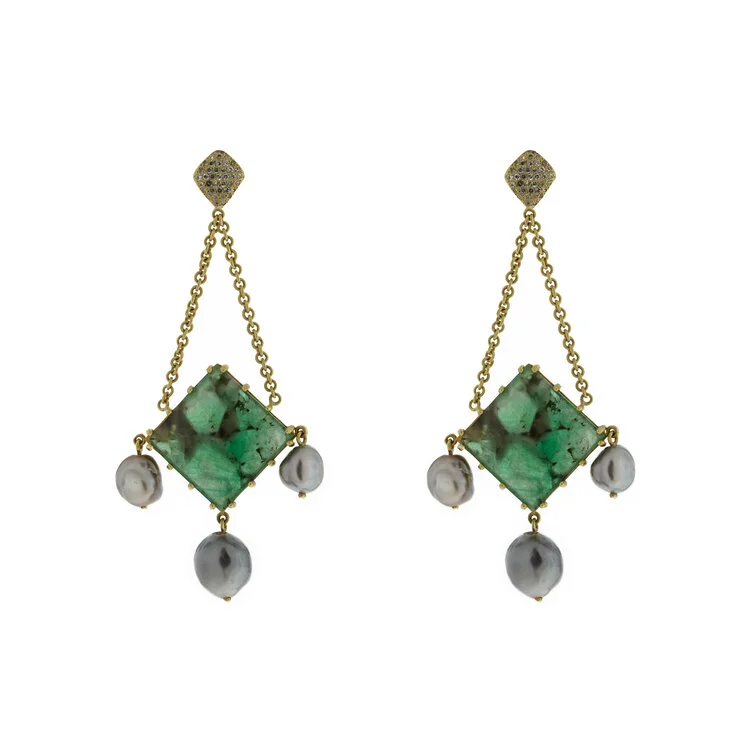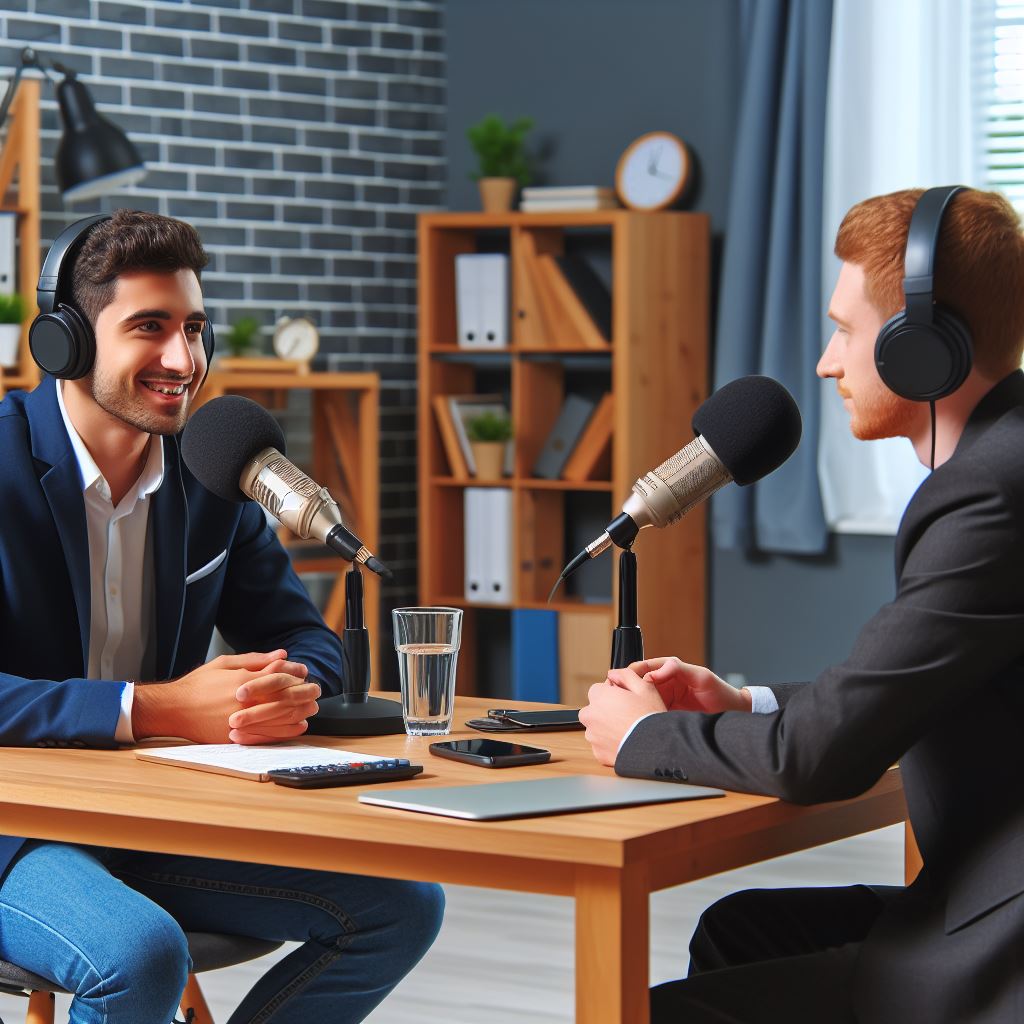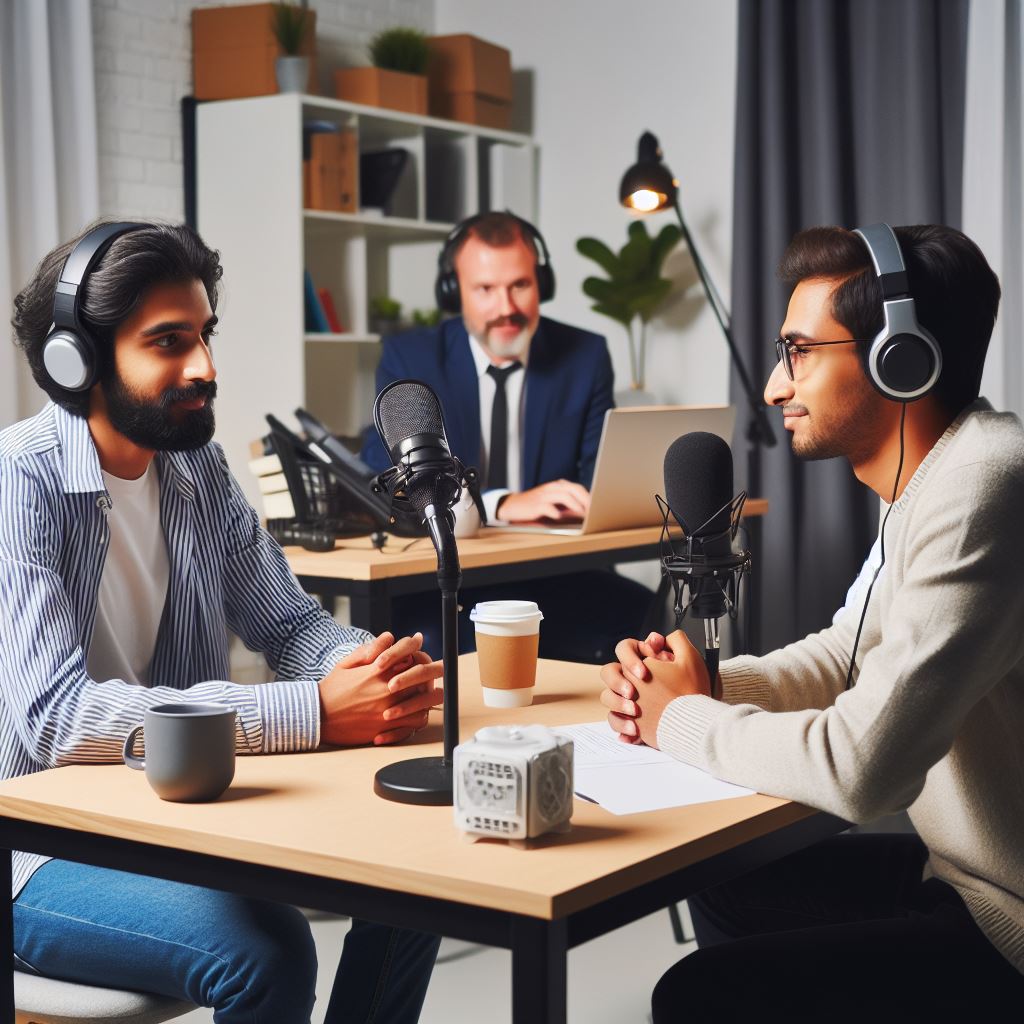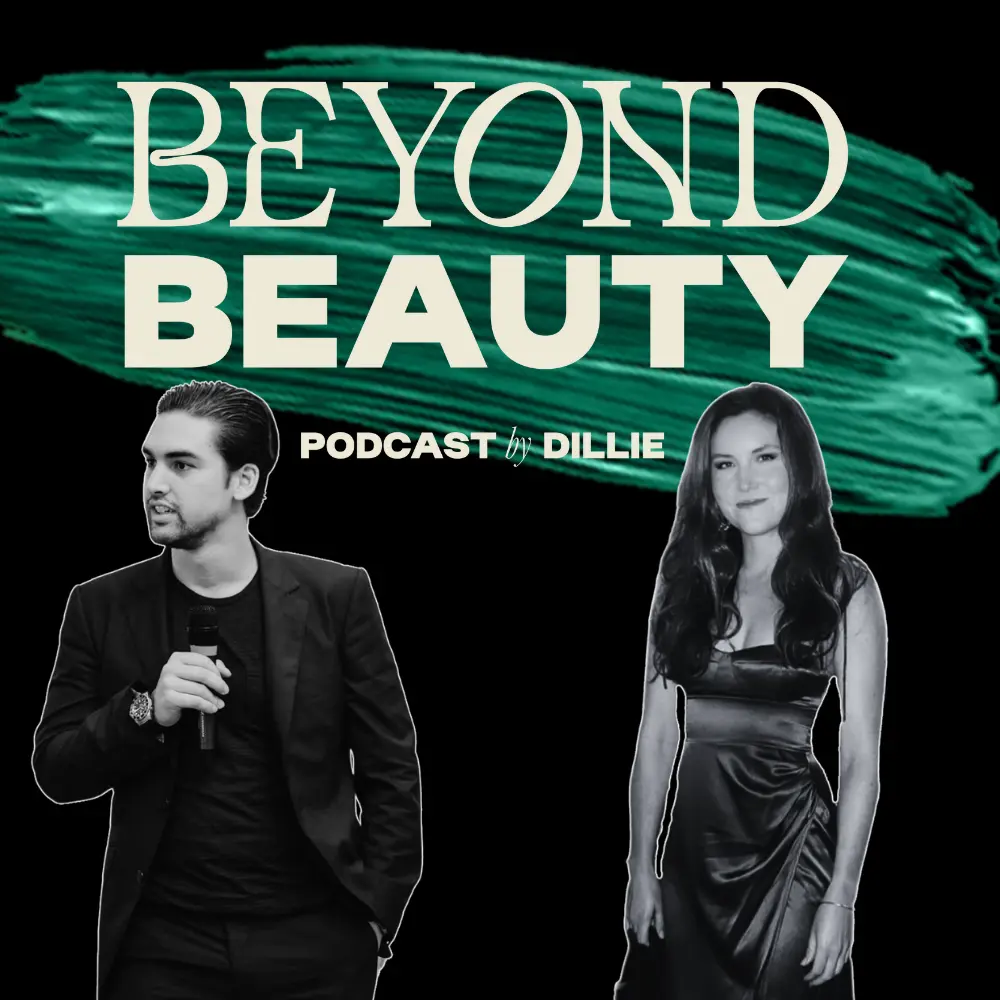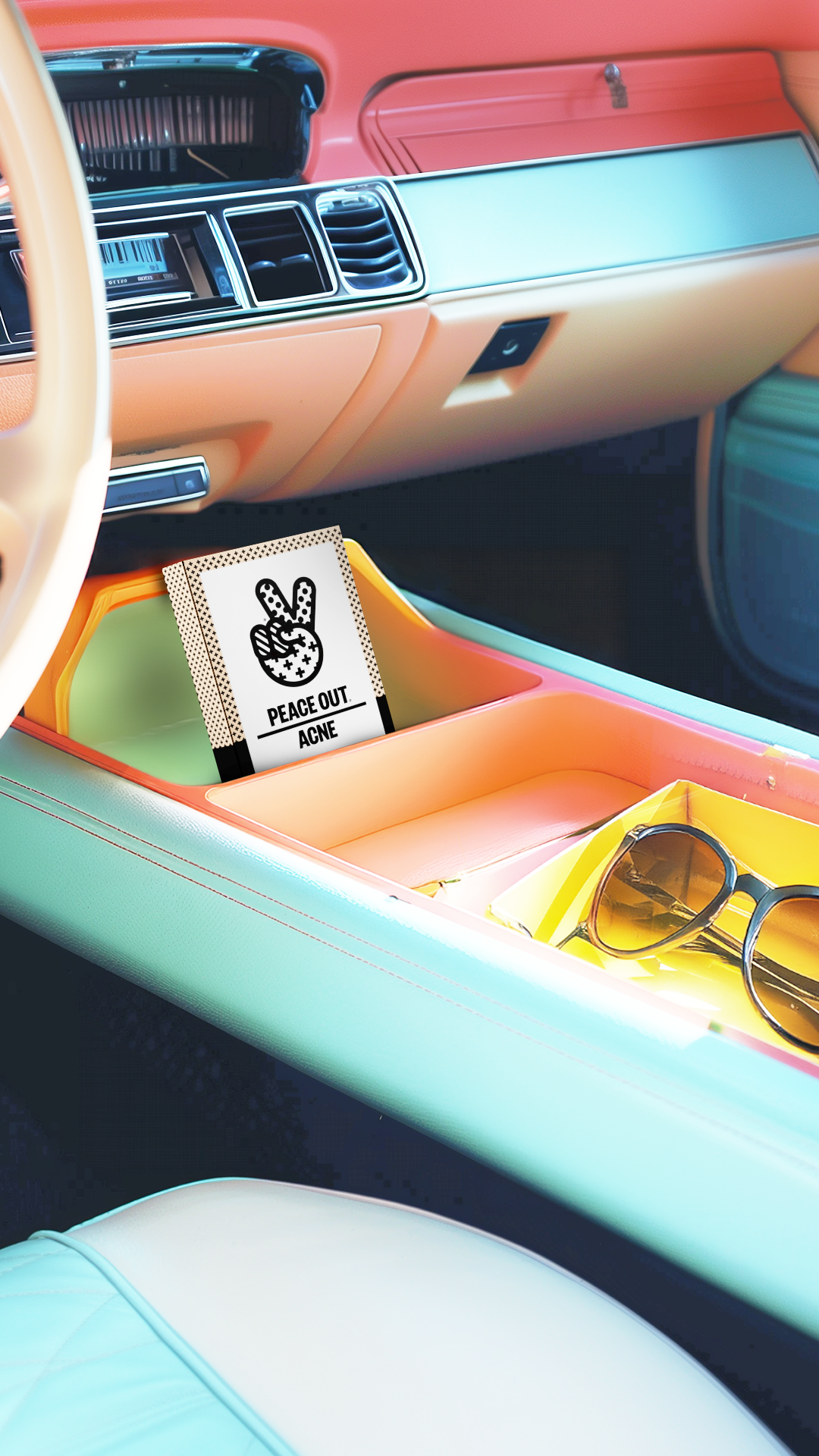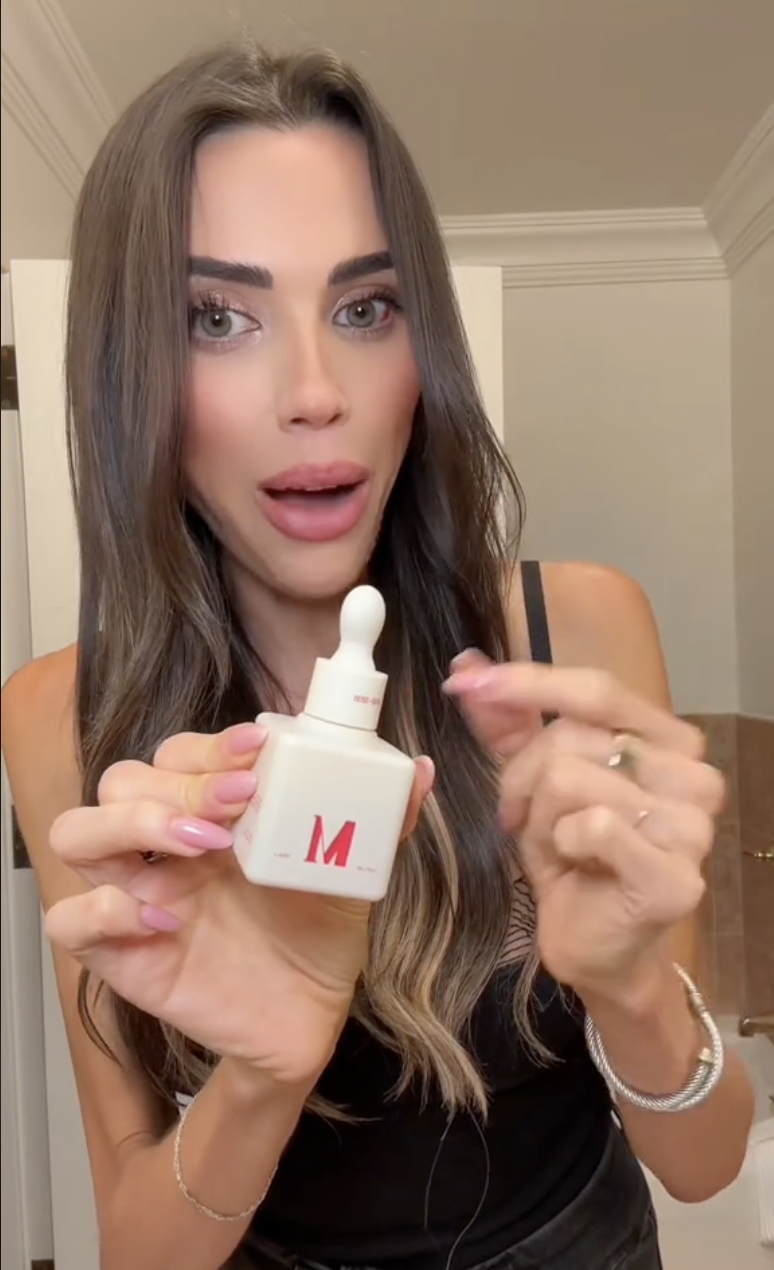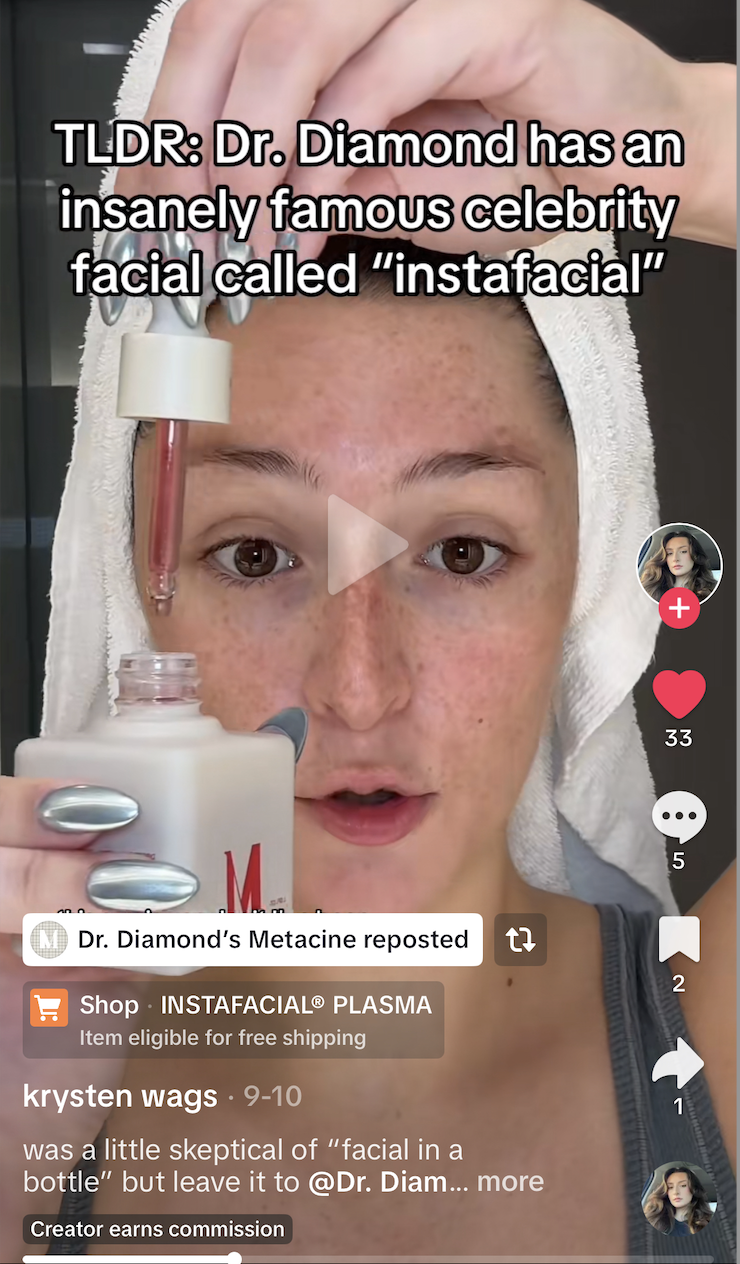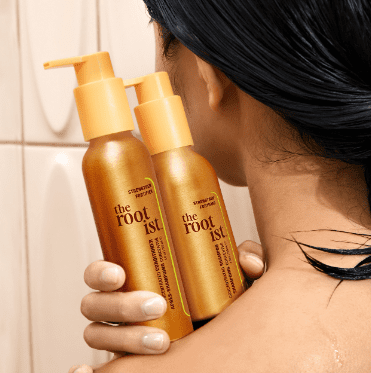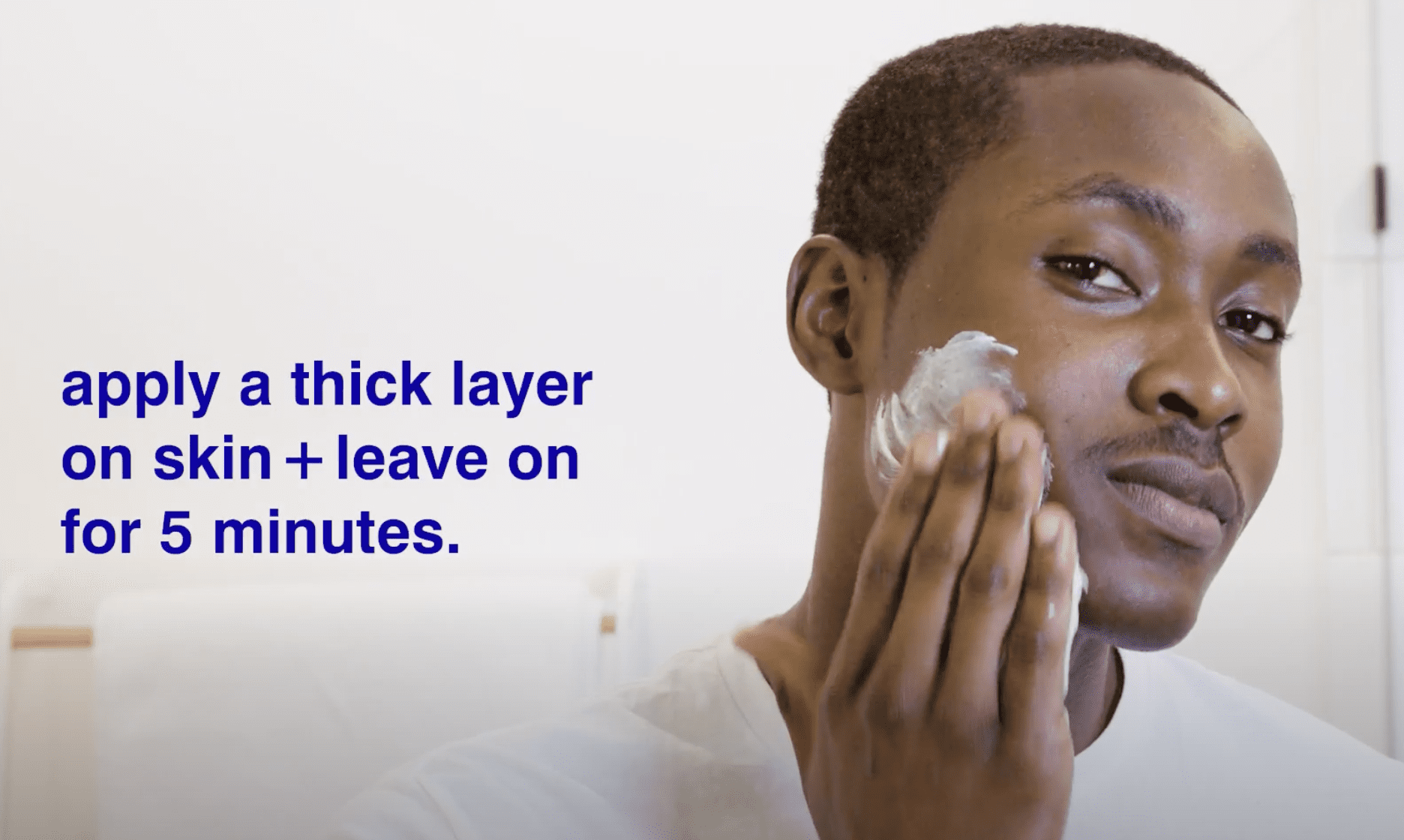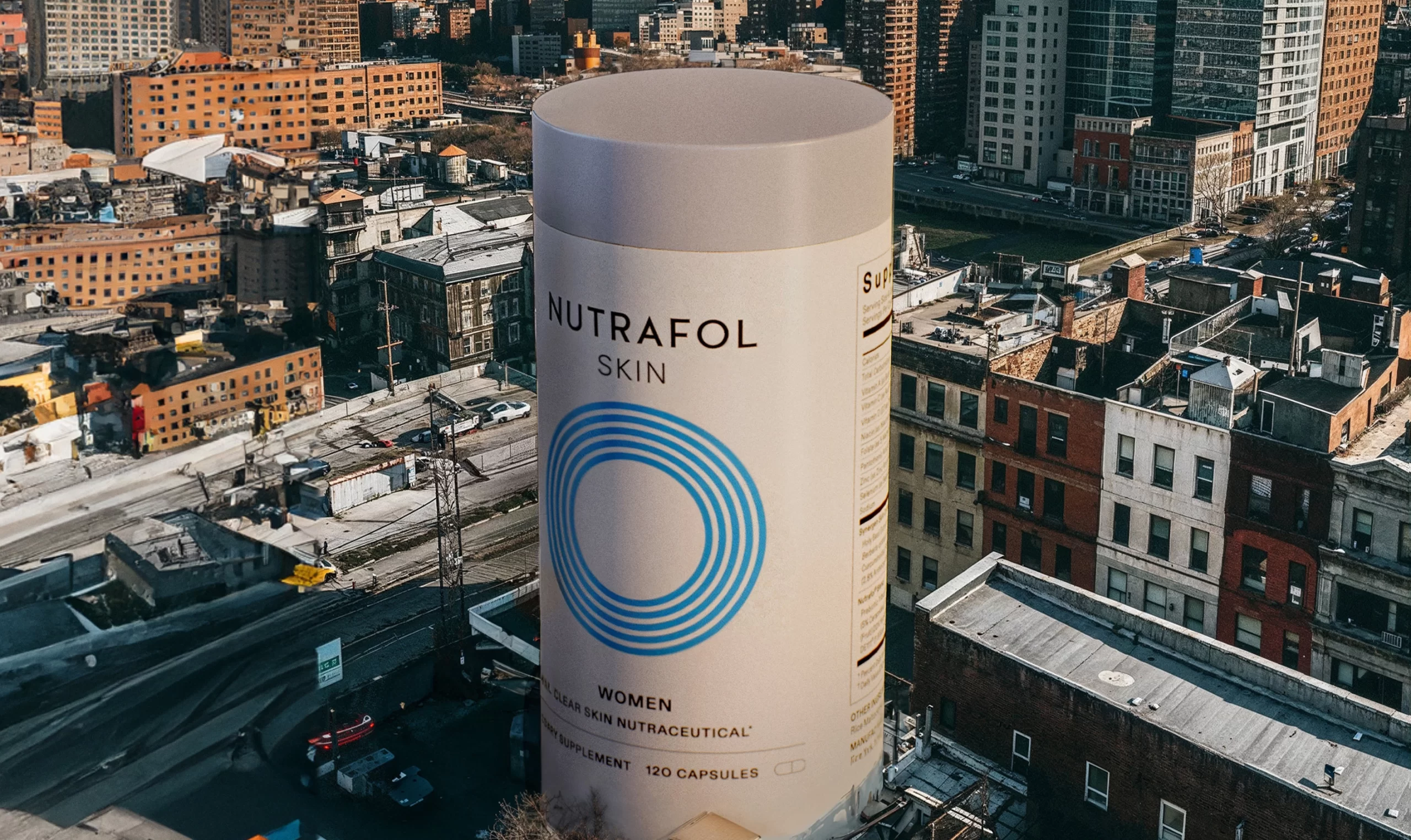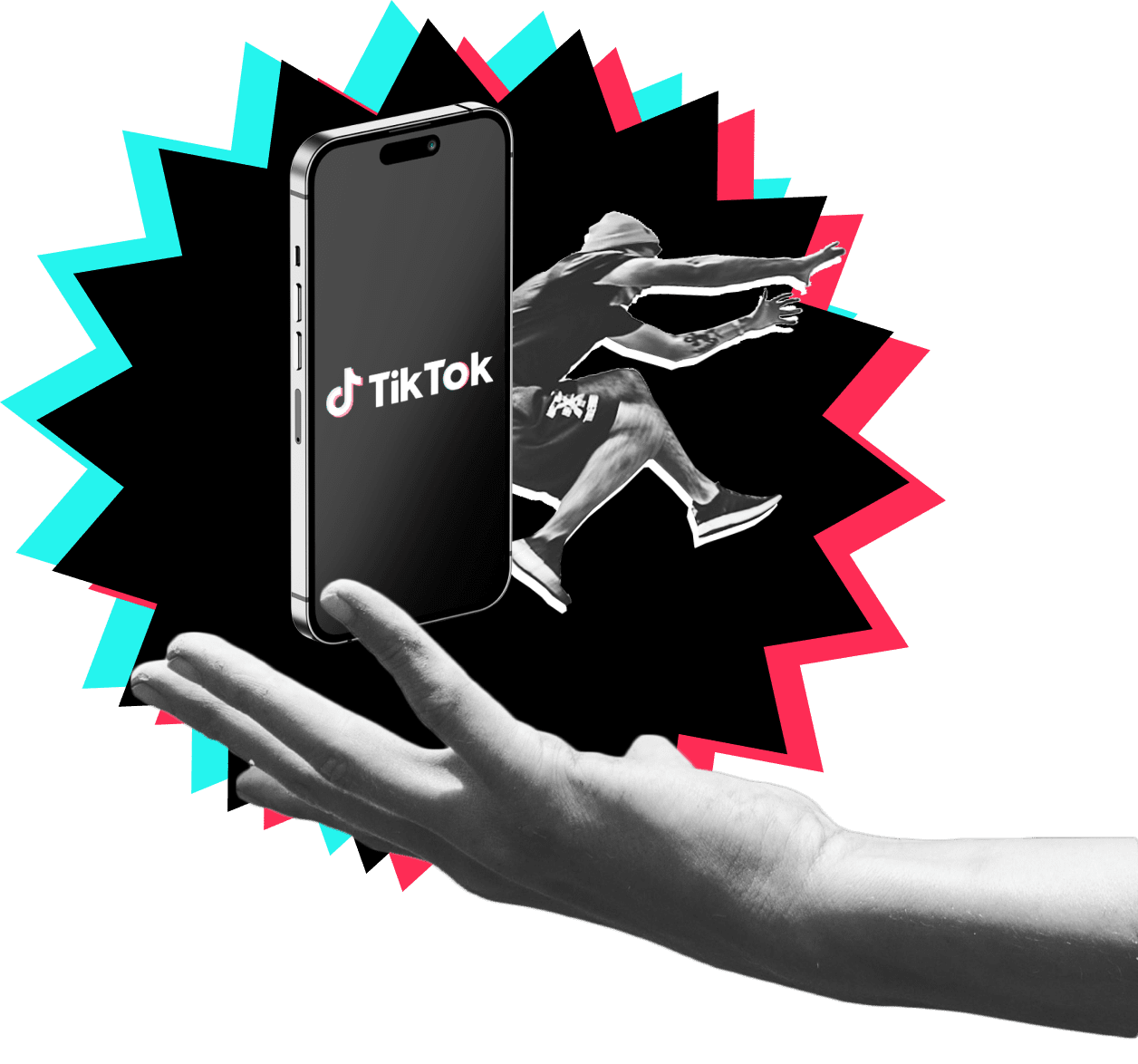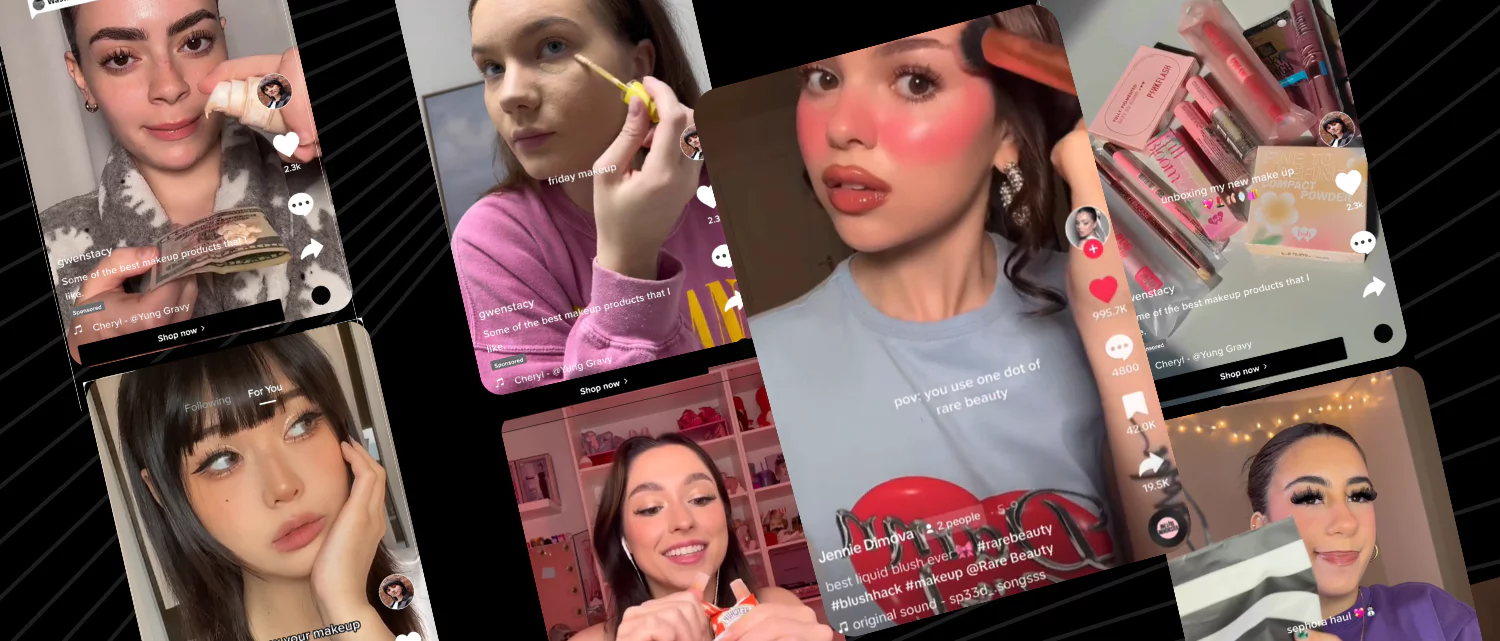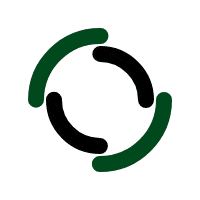In the latest episode of the Beyond Beauty Podcast, we delve into the inspiring journey of Estée Lalonde, a Canadian-born, London-based creative director, content creator, and founder of the wellness brand Mirror Water. Estée shares her story of moving from Canada to London, her initial foray into beauty blogging and YouTube, and how her experiences led her to create her own brand. The conversation touches on themes of vulnerability, mental health, the challenges of entrepreneurship, and the importance of community in the beauty space. Here, we break down the key insights and actionable advice from the episode.
Introduction to Estée Lalonde
Estée Lalonde’s journey began in Waterloo, Ontario, Canada. At the age of 19, she made the bold decision to move to London, a city she had never visited before. This transition was both exciting and nerve-wracking, as she had limited experience traveling and was leaving her home country for the first time. Despite her family’s skepticism, Estée has now lived in London for 15 years.
Upon arriving in London, Estée was studying psychology through distance learning but struggled to find her passion. Feeling isolated in a new city, she discovered beauty blogs while searching for lipstick recommendations. This exploration led her to create her own blog, where she began to build a community and connect with others who shared her interests. Her blog eventually gained significant traction, becoming one of the top beauty blogs in the UK, which she attributes to her authentic sharing of both beauty tips and her personal journey.
The Evolution of Content Creation
Estée’s journey continued as she transitioned from blogging to YouTube, where she grew her channel to over a million subscribers. Throughout her 15 years in the beauty and lifestyle sector, she has collaborated with numerous brands and has been an ambassador for various products. However, during the pandemic, she felt a desire for a new challenge and decided to pursue her entrepreneurial ambitions by launching her own brand, Mirror Water.
The Birth of Mirror Water
Estée explains that her brand was inspired by her lifelong love of bathing and the importance of self-care in managing stress and mental health. She emphasizes the need for authenticity in the wellness industry, noting that many brands often promote unrealistic self-care routines that can lead to feelings of guilt. Instead, she aims to create products that acknowledge the real struggles of modern life and offer simple, effective solutions for relaxation.
Product Development and Market Research
When it came to deciding on the product line for Mirror Water, Estée conducted extensive market research. She recognized a gap in the bath and body care market, which often catered to an older demographic with outdated branding. Estée wanted to create a brand that resonated with younger consumers, particularly those in their 20s and 30s, who are often overwhelmed by the pressures of modern life.
She launched Mirror Water with three initial products: bath salts, a body oil, and a balm. Each product was designed to be luxurious yet accessible, providing a moment of respite in a busy day. Estée’s approach to product development involved creating bespoke formulas rather than relying on off-the-shelf options, which required significant investment and trial and error.
Challenges of Entrepreneurship
Estée candidly discusses the challenges she faced when starting her business. She emphasizes the importance of having a solid business plan, which she spent months developing. This plan helped her clarify her vision and strategy for Mirror Water. Additionally, she highlights the financial aspects of launching a beauty brand, noting that many entrepreneurs underestimate the costs involved.
She initially invested a significant amount of her own money into the brand and later raised funds from family and friends to cover startup costs, including trademarks and product development. Estée stresses the importance of securing intellectual property rights and the challenges of finding manufacturers willing to work with small minimum orders.
Building a Community Before Launching
Estée emphasizes the importance of community in her entrepreneurial journey. Before launching Mirror Water, she dedicated six months to building an Instagram presence that generated excitement and intrigue around her brand. This pre-launch strategy allowed her to cultivate a following that felt personally connected to her vision. She notes that people are selective about the brands they follow, and by creating a sense of anticipation, she was able to engage potential customers before the products were even available.
The Role of Branding
Estée discusses the significance of branding in establishing a successful beauty brand. She invested considerable time and resources into developing the visual identity and tone of voice for Mirror Water. Collaborating with a talented designer, she aimed to create a brand that resonated with her audience and stood out in a saturated market. Estée believes that strong branding is crucial for differentiation, especially in the beauty industry, where consumers are inundated with options.
The Challenge of Maintaining Growth
While launching a brand is challenging, Estée shares that maintaining growth can be even more difficult. She reflects on the initial excitement of starting Mirror Water and contrasts it with the ongoing efforts required to keep the brand thriving. The conversation highlights the reality that entrepreneurship is not just about the launch; it’s about sustaining momentum and adapting to changing market conditions.
Engaging Content Creation
One of the innovative strategies Estée employed to foster community engagement was the “Mirror Water Monologues,” a series where individuals shared their inner thoughts and feelings. This initiative created a space for vulnerability and connection, allowing participants to express themselves in a way that felt authentic. Estée notes that while this approach was successful in building community, it became challenging to continue as the brand grew and the dynamics of content creation shifted towards paid collaborations.
The Evolution of Influencer Marketing
The discussion shifts to the changing landscape of influencer marketing. Estée reflects on her experiences as both a brand owner and a content creator. She acknowledges the shift from free collaborations to paid partnerships, particularly for smaller brands that may struggle to compensate creators adequately. The rise of User-Generated Content (UGC) is highlighted as a cost-effective way for brands to leverage authentic content while still compensating creators.
Sustainable Growth vs. Rapid Expansion
Estée and the host discuss the pitfalls of rapid growth, citing examples of brands that expanded too quickly without a sustainable model. They emphasize the importance of profitability and the need for brands to focus on long-term success rather than chasing immediate sales. Estée shares her perspective on the current market, noting that many investors are now prioritizing profitability over growth at all costs.
Looking Ahead
As the conversation wraps up, Estée expresses her excitement for the future of Mirror Water. She shares plans for expanding into new retail partnerships, particularly in the U.S. market, which has become a significant source of sales for her brand. Additionally, she mentions the challenges posed by Brexit and her hopes for re-entering the European market. Estée is also eager to launch new products, having started with a limited line, and she looks forward to collaborating with other brands to create unique offerings.
Podcast Transcript
Speaker 1 00:00:01 Welcome to the Beyond Beauty podcast, a platform to highlight the beauty industry talent, deconstruct their learnings and spark ideas for your own business. The Beyond Beauty podcast is created by daily, the leading creative agency working with the fastest growing brands in the industry. Here, we’ll interview guests from major beauty corporations, creative directors, influencers and founders, and even risk taking entrepreneurs. Our guests are not only changing the traditional beauty landscape, they’re also innovating in e-commerce, branding, and digital marketing. Join us as they share valuable advice, how they launch their business, and most importantly, ignite thought provoking conversations across beauty, tech, and marketing. Hey everyone, we’ve got here with us today Estée Lalonde. She’s a Canadian born, London based creative director, a content creator and a founder of the wellness brand Mirror Water, where we’ll be talking about today, known for creating beauty and lifestyle content. It’s the sense of community she’s built with in the online space that estate is most proud of. Looking back to the state’s first few YouTube videos from more than a decade ago, it’s clear that the beauty, vulnerability, and self-reflection were at the heart of the content.
Speaker 1 00:01:14 It’s a natural progression that these would form the foundation of Mirror water to opening about her life, talking about her vulnerable side and addressing her mental health struggles has resulted in her audience feeling understood, hopeful and connected. When she’s not working, you’re most likely to find soaking the tub, drinking her favorite red wine, or walking around the park with her rescue dog, Effie. Welcome.
Speaker 2 00:01:38 Hello. Thank you. See? My little dog is right beside me.
Speaker 1 00:01:42 It’s great to have you. The most important question I want to ask you first. What is your favorite red wine?
Speaker 2 00:01:48 To be honest, any of them.
Speaker 1 00:01:52 That’s great.
Speaker 2 00:01:53 I love red wine all year round. My friends think I’m crazy because even an artist knows I’m lying. Can I get a glass of red wine? Although I did have a nice chilled red last night with dinner, which was was really good.
Speaker 1 00:02:06 That’s awesome. You live in London? There’s probably as much beer drinking there as there is wine drinking.
Speaker 2 00:02:11 Yeah, a lot of drinking in general in London.
Speaker 1 00:02:14 Exactly. thanks for coming. super excited to have you on board. I think a good way to start normally is. Why don’t we talk a little bit about your story? Where did everything start? Your career? Your social media presence?
Speaker 2 00:02:28 I was born in Canada. I was born in a place called Waterloo, Ontario, which is about an hour outside of Toronto. I lived there until I was 19, and when I was 19 I ended up moving to London, which was very exciting and also quite nerve wracking for me because I’d never been to the U.K., I’d never been to Europe. I’d actually only been on one airplane before that, so it was quite a lot to just pack two suitcases and move to the UK. But I always felt like I wanted something more. I wanted to explore the world. I wanted to expand my horizons. And that’s definitely what happened. When I moved, my family had a bet that I was going to last two weeks, and I’ve been here 15 years now, so it’s a big shock.
Speaker 2 00:03:13 I never thought I would be living so far away from where I grew up, but I’m sure lots of people can relate to that. When I moved to London, I was 19. I was a baby, I didn’t know what was going on and I was still studying at university. I was doing my degree through distance learning because I transferred it, to move. I was studying psychology, but nothing was really sticking with me. I didn’t really like school, I never liked school, and I just couldn’t find my passion. And when I started living in this new place, I had really no support system. I had no friends. I had 1 or 2 people that I knew, and I discovered the world of beauty blogs, and I did that because I googled best lipsticks to try from Mac, and I thought, this is going to cheer me up. And also, I felt like I was like becoming a woman. I felt like I just needed a lipstick and I didn’t make it to Mac that day.
Speaker 2 00:04:09 I ended up just like scrolling through all of these blogs and not only being fascinated with people talking about the beauty products, but actually there was this huge community of people that were they seemed like genuine friends. And I thought, maybe I can make friends through this. So I started up my own blog and I started commenting on other people’s blogs, and I ended up building a friendship group here in London. And that was really the first step to me, feeling comfortable in this new city, in this new country. And eventually my blog became one of the top blogs in the UK. And I think that was because I was sharing a mix of beauty, but also my journey of moving to a new place. And it turns out a lot of people could relate to that. And I think beauty is one of the most amazing tools to make yourself feel a little bit better. And even today, before I did this podcast, I just had no makeup on. I just quickly put on my lip gloss and did my eyebrows a little bit of blush.
Speaker 2 00:05:08 I feel like a new person, and I think that transformation of energy is really special, and I connected with a lot of people through that. So that’s how my career started with a blog. And then I eventually started making YouTube videos and grew that channel to over a million subscribers, and for the past 15 years have been working within the lifestyle beauty sector, reviewing products, working with some of the most incredible brands, being an ambassador, trialing products. And then during the pandemic, I started to think, okay, what else is there for me? I wanted a new challenge and also I’ve always wanted to start my own thing. I have for some reason this like entrepreneurial energy. But I knew that if I did something, it would have to really speak to who I am as a person. And for me, bathing has always been at the core of who I am. And you mentioned that I’ve shared my mental health struggles, and that’s another thing that I feel like really connects my audience is just being vulnerable about how I feel about things and what I’m going through, the ups and downs.
Speaker 2 00:06:13 You can imagine sharing your life online for 15 years. You share a lot, and bathing has just been that constant in my life to just take the edge off the stress. And that’s a little bit of background on how neural water was born.
Speaker 1 00:06:27 I have so many questions. I feel like you said you always had it in you to be an entrepreneur, but I feel like launching a blog and launching a YouTube channel is already its own enterprise.
Speaker 2 00:06:37 Yeah it is. At the time, it didn’t necessarily feel like that because it was just a passion project and no one was making money or turning this into a career at that time. It was genuinely something I did when I got home from my real job, which was working in three different retail stores. So you can imagine, like I was exhausted. I was still studying by doing my psychology degree and still made time to go home and photograph the new blush that I got, or share a recipe that I just tried. It was really something that I felt was an outlet for me, and it helped me feel connected not only to a community, but also to myself, and it was just something I truly enjoyed.
Speaker 1 00:07:19 It’s interesting, I am it feels like you caught the wave of the blogs when really they were the big thing that it was over a decade ago. Then you caught the wave of YouTube when everyone was just getting into YouTube, and it feels like you were a pioneer all along the way and all these different things. Even sharing. You mentioned being more vulnerable in sharing your feelings and emotions and things that you go through online, which for some reason, social media has become a bit of a highlight reel unless people are presenting themselves as who they are. Why do you think that is?
Speaker 2 00:07:54 I have a lot of thoughts on that. First, about catching the wave. I think that is so true. I was really part of that first generation of people to start doing this. Unfortunately, it didn’t catch the TikTok wave. I was tired, but I definitely caught those first two. And now I’m thinking about catching the Substack wave, which I think I’m already a little late to, but we can get into that if you want.
Speaker 2 00:08:16 But the vulnerability aspect, I think when you’re in your early 20s, you don’t. Especially then. I don’t think any of us understood the power of the internet and what it actually means to share your life online and the consequences around that. I feel like I over shared, and I’ve had a particular experience where I shared my relationship and we were we’re no longer together. And that’s actually something that still haunts me every day. People ask about it and bring it up. Then it’s when you share your opening yourself up to just people feeling like they’re owed the answers or more detail, and that can be really difficult when something does go wrong. As much as people say they want authenticity and they want people to be real and they want this, like when you’re on the other side of it and you’re sharing things, it is so difficult to have all of that feedback, positive or negative. It’s just a lot to cope with. And I think a lot of people who have been online for a long time to understand that, like when you share everything, you’re opening yourself up to all of this criticism, and just to actually manage those emotions is quite difficult for me.
Speaker 2 00:09:25 It is anyways. And I there’s so many times where I want to go online and say, oh my God, this thing just happened and it’s so stressful and whatever. But actually then you’re met with a flood of comments, either people being like on your side and supporting you or the opposite, and it’s just difficult. So I think that’s probably why people are a little bit more considered on what they’re talking about these days.
Speaker 1 00:09:48 When you mentioned earlier that at some point you felt compelled to launch your own company, launch your own business, why do that? It feels like it’s a whole new set of challenges, a totally different skill set. Why not continue to do what you know you’re very good at and get into the product world?
Speaker 2 00:10:07 Firstly, you don’t know what you don’t know and I genuinely.
Speaker 1 00:10:11 Ignorance is bliss.
Speaker 2 00:10:12 Truly, I had no idea how hard it was. Despite listening to podcasts and hearing founders talk about how difficult it is, I think I was. I can do it. And I guess without that no one would ever start their own thing.
Speaker 2 00:10:27 I didn’t know how good I had it, and I still haven’t really good because I get to do both things. It’s just a completely different challenge. That being said, that’s what I wanted. I wanted a different challenge, and after 15 years of creating content like I can make a YouTube video with my eyes closed and although I still have a lot of love for it, I’m a different person now. I’m going to be 34. I’m just different to when I was like 21, so I wanted to try new things. When I launched my company, Mirror Water, I had never even opened up an Excel spreadsheet because I’d spent my life creating content and I didn’t even know what Google Sheets was. I didn’t know all the slang. I didn’t know the terminology. I was truly a brand new born baby, entering this world at the age of 32. So I felt a little bit behind. But it was also super exciting to try, and I think I’ve always had this spirit in me. Can I do it like I wanted to prove something to myself that I could do it? Because I think also working in beauty, especially as a content creator for so long, people look down on that as if what a fun job that is.
Speaker 2 00:11:38 And that’s just a little hobby of yours. And it didn’t get the respect from a lot of I think it does now. And people understand like how much work it actually is and how much strategy goes behind creating a successful community online. But for a long time it wasn’t. And I think I always had this not chip on my shoulder, but something that was like, I’m going to prove to people that I can do something here.
Speaker 1 00:12:01 You’ve done it. You’ve done many extraordinary things. You should be very proud of what you’ve accomplished.
Speaker 2 00:12:07 A long way to go, but a founder’s work is never done.
Speaker 1 00:12:11 You’re you’re exactly. We should write that somewhere. Yeah. So let’s talk a little bit about river water and the decisions you’ve made as to what products and what to focus on. So when you decided to start the company, how do you decide this is the right product line? This is the right starting skew. What was the thought process behind that?
Speaker 2 00:12:31 I did spend a lot of time researching the market, and I knew I wanted to do Bath and Body because for me, that was just what aligned with me personally.
Speaker 2 00:12:40 Those are the products I enjoy using the most And I felt like it’s the last category that sort of had its modernization, and we’re entering the body care boom. Everyone’s saying it. And I do think it’s true that when you think of bath and body care, you think of your grandma’s products like lavender, like dusty old bath products. They’re not inspiring to someone who’s maybe like a career driven person in their 30s. So I wanted to create a brand that was aligned with that. I found a lot of bath brands and wellness brands, was targeted towards an older consumer, and I wanted to create something that maybe understood meme culture and could have a bit of fun with it, because people in their 20s and 30s are very stressed out. And I think sometimes that gets diminished because what are you so stressed out about? All you do is sit behind a computer all day. So actually being on a computer all day has a lot of consequences to it. And I think we’re also disconnected from ourselves and from others.
Speaker 2 00:13:39 So I felt like these are the people that really need it the most and burn out. And I started reading articles about how we don’t have a switch off into that. And I wanted to create a brand that wasn’t trying to pretend like having a bath was going to cure your problems. I wanted to create a brand that acknowledged the fact that we are all incredibly stressed out. Here’s a little something you can do to help your day, just for a minute. And be real about that. I always say it’s relaxation for realists, because I am never going to be able to take 2 or 3 hours out of my day to do yoga and journal and have my dream juice. And it’s just I’m just sick of hearing it. And I started to feel like the wellness industry was almost like making me feel guilty for not doing enough to make myself feel well. And then that was like a whole other thing. And so I just felt like I wanted to shake that up a little bit. And that’s how I landed on.
Speaker 2 00:14:31 On the product range. I launched with three products, so bath salts, a body oil and a balm, which is a rich body oil. Really luxurious Various sensorial products. but I love it’s amazing.
Speaker 1 00:14:44 It’s funny. We’re our agency is based in Los Angeles, and so I feel like in the past three years, everyone’s just talked more and more about their morning routine and they just keep adding more things, like you said, journaling and meditation and walk around and your coffee and like your green juice. And at the end of the day, I’m like, who has time for a three hour morning routine?
Speaker 2 00:15:07 Are waking up at 4:00 in the morning? Yeah. Like I respect it in many ways. I think that prioritize yourself in that way, if that’s what you’re into. But equally, it’s just so unrealistic to me. And this is the thing, it’s like constantly going back and forth, like, maybe I should be waking up at 5:00 in the morning. And so it’s I want to just live more intuitively, but not in a hippie sense of it.
Speaker 2 00:15:30 It’s just do what feels right for you at that time. Sometimes eating Burger King, that’s fine. What I need. Yeah.
Speaker 1 00:15:38 Yeah, I think we’ve we’ve probably gone from a style of life that was truly becoming problematic. And now, especially in places like California, where we’re California’s leading edge and so many of these things, it’s like swinging so far the other hand, because there has to be so much done and for self-care and personal care and mental care. And sometimes I’m like, I’m, I’m in Spain right now, which is where I’m from. And I come here for a week and I eat a bunch of seafood, and I drink a bunch of wine and everything is fine. It’s huge, you know, like, I need to wake up at five in the morning and do 17 different meditations. And it’s almost like sometimes we’re trying to reteach the things that people in the past already knew about, which is living in community and having good relationships and eating good food and sleeping. The number of hours that you have to sleep and not be stressed out in front of a computer.
Speaker 2 00:16:35 And that’s so true. And and I also want to say I am interested in wellness. If there’s a new treatment, I want to try it, but I want to reposition it as something that I’m interested in, rather than something that I have to do to maintain this image. Yeah.
Speaker 1 00:16:51 so tell me a little bit more about the mechanics of starting a company. When we see indie beauty brands come up. A lot of them are started because of the passion of an entrepreneur, a problem they fail themselves, perhaps a little bit like you were mentioning. Right. This is a product that you wanted to exist. Some of them kind of bootstrap, some of them raise a bunch of capital. What has been the mechanic behind launching the water and what were some of the harder things and, and better things of the first, stint of its life?
Speaker 2 00:17:26 First of all, I’d never done this before, and I’m glad I had some mentors in my life to tell me things like, you should make a business plan.
Speaker 2 00:17:34 And I didn’t know what a business plan was, so I googled what is a business plan? And I started looking at different templates of what that could be. So I spent a lot of time working on a business plan, showing the plans to people getting their feedback, taking their criticisms on board, reworking it. I spent months on my business plan and I would say that was very beneficial. And to anyone out there that runs their own business, you’ll know that you are going to create about 50 million business plans in your life. But I do think that first one is really important to get the wheels turning. So I would say that step was step one for me. Then I started thinking about money, where how am I going to do this? And I think just understanding how much money it actually costs to get a beauty brand off the ground. I think I was really naive to that. If I could go back in time, I would have raised way more money in the beginning because it’s a lot easier to raise money on a dream and a concept that interaction.
Speaker 1 00:18:35 100%. 100%.
Speaker 2 00:18:37 I wish more people told me that because I would have raised a lot more and it would have enabled me to get better traction. I’m happy with where we’re at, but I’m just saying it. That’s one thing I would do differently. I did put a large chunk of my own money into this. thinking to myself, oh, I’ll get this back one day. I don’t know when that day is going to come, but I do think it’s important for investors to know that I believe in this. And then I did raise a family and friends round to get things going. And that money was really for the setup. Getting my trademarks. I think trademarks are really important. I got my US trademarks, UK trademarks, etc. Australian and those are all very expensive things to do that you think, do I really need this? But I’m glad I did get that. And then also creating products is very expensive. It’s not as simple as saying I want to launch a body oil and then you launch a body oil.
Speaker 2 00:19:33 For me, owning the IP is important. I know not everyone feels that way, but for me that was just some advice that I got and that’s how I do things. Creating a bespoke formula rather than something off the shelf was something that I wanted to do. That takes a lot of trial and error and costs. Then you need to find a manufacturer who’s willing to make small minimums, which there aren’t that many. I’m not sure what it’s like in the US, but it’s difficult to even find that the minimums are high 5000 units typically for a lot of these manufacturers. So if you think, I don’t know, I’m just going to say a number £5 for a unit and five to make 5000 of those five times 5000 times three products. Yeah, it’s a lot of money and you don’t even know if that’s going to sell. You need to build a website that’s expensive. You need to set up your newsletter flows. You need to create all the social media content. You know it. Looking back, I genuinely don’t know how I did it.
Speaker 2 00:20:32 So there is a lot to do to set up a anything. But I think a beauty brand is is quite a lot. How do you sleep? Sorry. Sorry. I just want to say one other thing. I did have a huge leg up, obviously, because I’ve got my own community and I built my own platform over the years, and so I genuinely don’t know how people do it without that, because that really got things going. And now I’m in a position where it’s two years on. I actually think the stage I’m in is harder than the setup, and I just explain how hard the setup is. But it’s like anyone can start something maintaining it.
Speaker 1 00:21:11 It’s different game.
Speaker 2 00:21:13 It’s a totally different thing.
Speaker 1 00:21:15 Now it’s interesting you mentioned earlier this everything an entrepreneur has to do when you launch the business. If you had to say one thing that you got was a big unlock for the company early in its life, what would that be?
Speaker 2 00:21:30 One thing that I did was really built up the mirror water Instagram before I launched the products.
Speaker 2 00:21:37 So I built a lot of hype around it. What is it going to be? What’s she doing? What’s all this imagery? There was like some intrigue around it and I’m really glad I did that. I think people are so particular about the brands that they follow online. Not everyone wants to follow a brand’s Instagram account, but having that interest and intrigue, there was a really good thing, and I would really recommend people do that because it’s hard to get followers after people know your brand. People don’t like to feel like you’re selling to them, so why would they follow a brand account? So that was one big thing. So I had this platform who had been on the journey of building this community and the essence of what the brand was. So they they really felt a part of it, which I think was a great decision. That’s just one tangible thing that someone could do. I think another thing was I spent a lot of time on the branding and creating the mirror water world. What that would look like, our tone of voice and really differentiating.
Speaker 2 00:22:40 And I worked with an incredible designer and someone that like, really brought my vision to life. I think that is hugely important. I wanted the brand to look a certain way. I wanted it to feel a certain way. I wanted people to feel interested in what I was building. So I think like spending a long time and getting the branding right is really important. And it wasn’t the most inexpensive person I could have gone with. I really feel like branding is super important, but that’s I like that, I love marketing, I love branding, and another thing that was a big unlock was spending time. It’s it sounds like boring, but like really looking at the pillars, really looking at all those sorts of things I’d never done before, obviously, because I’d never launched a brand or I’d I’ve never had a corporate job, but really thinking about what do we stand for and honing in on that messaging.
Speaker 1 00:23:34 So we’re talking a little bit about differentiation, which is it’s huge, right? It’s there are more brands, especially in the beauty space being started right now than ever before.
Speaker 1 00:23:45 The markets are fairly saturated. There’s almost 15 different solutions for every single thing. And so you talked about my next question was going to be around how do you differentiate from competitors. So you talked a little bit about branding bringing attention to exactly how the company comes across. You talked a little bit about community, which is super interesting because it really feels like 2024 has become the year of organic growth through community. I want to dive a little bit more into that. You built you said you built the Instagram account before launching the business. What were you doing to foster that community and get them excited? And how long in advance before you launch the product?
Speaker 2 00:24:23 It was about maybe six months before I launch the product, basically. I’m a community first person. That’s what I know how to do, is build communities, and I know what is going to get someone engaged, right? Because that’s me. That’s just that’s my passion. In the beginning, we had a series called River Water Monologues and they were incredible, I can tell I’ll tell you why we don’t do them now, but it was basically my concept was I wanted people to tell their inner thoughts like what they’re thinking about at that moment.
Speaker 2 00:24:58 So someone did a monologue about how they felt out of place in their life or something like that, but it was like coupled with clips of them just doing everyday things, making their coffee, going for a walk, hanging with their friends. And it was like I wanted to create this intimate feeling where you really got a glimpse into someone’s life. And I think that’s important because you never know what someone is thinking or feeling, because on the outside world, like wearing these masks and going about our day and everyone can relate to that. So I created this series and so many people were up for doing it. I think we’re all just crying out to share our inner thoughts and feelings, but we don’t really have the space to do that. And sometimes Instagram doesn’t feel like a place to do that. Obviously we spoke about people’s highlight reels and all of that. So I did that and we really built an amazing community around that, and I think that’s really what set the tone. And people understood the essence of what I was trying to do here.
Speaker 2 00:25:59 With Mirror Water, we’re all about self-reflection, going inward, looking at yourself in the mirror. And anyway, so we did that when I launched the products, I wanted to carry those on, but when it’s of now a brand, people aren’t really up for doing that sort of content for free anymore. And I have no money. So it’s really sad because I wish I could carry on doing those sorts of things, but it doesn’t work that way. So if I message someone now, hey, do you want to do a reel for my brand’s Instagram account to like? Well, that’ll be $2,000.
Speaker 1 00:26:36 Yeah, exactly.
Speaker 2 00:26:37 And it’s it’s a shame because they were so magical. But that’s how I started it. And I hope people still remember those and what I was trying to do there.
Speaker 1 00:26:47 There’s an interesting dynamic. I feel like we we’ve operated a ton on TikTok in the past year, and it feels like with Instagram, things were moving away from the kind of commission base or pro bono content building into more of a paid performance engagement.
Speaker 1 00:27:06 And then I feel like TikTok is pushing the way of commission based. So you create a bunch of content. If the content drives value, then you get compensated based on that value. But we still find a ton of resistance, right? Like people still want to get paid for their work. So how do you see that evolving in the next, you know, few years? Do you think we’ll continue to have this hybrid between free content versus paid versus commission based? Or do you think one of those three might win the battle?
Speaker 2 00:27:35 When I first started, I can’t even tell you the amount of free work I did like. Truly, I did some crazy stuff for free because it just didn’t occur to me and I thought, oh, this is mutually beneficial. But then as time went on, I realized actually the brand is benefiting a lot more. So I come at this with two lenses. Now I’m a brand owner and I’m also a content creator. If a dog food brand comes to me and wants me to create content, yeah, I want to get paid for that.
Speaker 2 00:28:02 That being said, I think for small brands and especially now me being a small business owner, I understand it’s just not possible to pay people for that amount of stuff. So there’s also this rise of UGC, which I wish when I started, UGC was a thing because that is it’s genius. I don’t know how we didn’t come up with that ten years ago. You pay people for their content, but it’s living on the brand’s channel, so it’s not as expensive as, like, the creator endorsing it themselves. Right. That’s still honestly not affordable for a small brand. It is, to be honest with you, but.
Speaker 1 00:28:42 Not at scale. Not at a reasonable scale. Yeah.
Speaker 2 00:28:44 No, I do think there is still there’s going to be a mix. To answer your question, I think brands are probably now thinking like, how are we going to do this? Back in the day, people brands would pay bigger influencers a ton of money to promote their thing and not even look at the smaller influencers.
Speaker 2 00:29:04 Now it’s all about Micro-influencers and this UGC content because brands want it to feel authentic. It’s a really tricky thing because I talk about a lot of things for free on my channel now, but then there’s certain things it’s like managing these relationships with content creators. It’s so hard from a brand side.
Speaker 1 00:29:26 Think about it this way, right? Like back in the day, you had a very limited subset of channels that you could promote a company and go back ten, 15, 20 years. You had newspapers, you had some online media. You had basic sort of major channels. Today, every content creator is a media channel, right? So we’re managing these. It’s like managing a relationship with a thousand newspapers at once. Right. It truly is like and the crazy thing is, technology hasn’t made it any more scalable. Like when you run a campaign on TikTok, for example, today for TikTok shop, if you have a TikTok shop and you want to work with creators, you’re still as pure Mechanical Turk.
Speaker 1 00:30:04 And on the side of the creator, they’re a media agency on their own. They have to also make a living and they have to pay their bills. And so it’s an interesting dynamic. I feel like there is in some way diverging Incentives, and I’m very curious to see how this plays out in the long term.
Speaker 2 00:30:23 Me too. I think the commission based structure is really great for small brands, but as a creator like of where I’m at in my career, I’m not interested in commission. I know I’m not going to mention it for commission. That’s not something I would personally be interested in, but if you’re a smaller creator, I could see that being more appealing. Also, I know a lot of brands aren’t seeing the ROI when they pay an influencer $15,000 or whatever. They’re not getting $15,000 in sales, not even close. Sometimes if it’s not the right fit, but then you’re not just paying for the sales, you’re paying for the endorsement.
Speaker 1 00:31:03 It’s a difficult. It’s a difficult. It’s an impact that’s very difficult to measure.
Speaker 1 00:31:06 Because you were saying earlier, you’re saying right now, I wouldn’t do I wouldn’t work with a brand just purely based on commission and the brand. Exactly. And I think is the answer for many, even much smaller creators. And so I think the question for the brand is, is a branding collaboration? Is it a collaboration to get my brand out, to create a conversation about what we’re doing, or is this a purely an ROI in the same way that I buy ten ads and I want to see click through rates, oh.
Speaker 2 00:31:34 Let’s not even talk about ads to even we’ve never done paid media. We’re actually just about to potentially start just trying because it costs so much to even try it, that that whole paid media world is a whole separate entity. You’ve got to create tons of assets in all different sizes, specific for the paid media. That is a really high lift thing for a I have two employees for my business. I that’s not something we can really like.
Speaker 1 00:32:03 Just do no pay media.
Speaker 1 00:32:06 As a full team, you need a creative team. Do you need a team that manages the spend? But you need teams that are knowledgeable in different platforms because meta ads versus TikTok ads. Versus Google search versus they work very differently. And it’s really difficult if someone is an expert at all of them.
Speaker 2 00:32:25 Exactly. And these are the sorts of things that I didn’t realize when I started the brand. And that’s why I wish I raised more money, because I could then work with someone who was an expert in that. Whereas now, like, I’m basically trying to like, I’m the jack of all trades, master of none a little bit and like trying to do everything. That being said, I do believe that everyone’s growth is different, and I do think we glorify brands that are like they launch and then it’s like a million in sales. First year, 2 million. That’s amazing. But there are tons of brands that that doesn’t happen for. And we’re comparing ourselves to that when it’s that doesn’t necessarily mean that your brand is not going to be successful.
Speaker 2 00:33:07 It just might take a little bit longer. However, in this economy, you don’t have the time to waste.
Speaker 1 00:33:16 Bear in mind, especially over the last five years, so many brands. Take for example, the mattresses, the home delivery mattresses. The Casper is the nectars of the world. These brands grew at the back of cheap Facebook ads and they grew into $1 billion valuations. They went public and they tanked on their bankrupt. Why is that? Because yes, they grew at that speed, but it was completely unsustainable growth. Their cost of acquisition was way too high. We’re basically losing money in every product they sold, and it was all subsidized by venture capital. Yeah. And so it was really unhealthy growth. And I think that also created a pattern for the rest of the world to think, oh, this is how we should grow. Yeah. But I think things are changing. I think the world is realizing that wasn’t sustainable and that there’s probably a more sustainable, organic way to grow a brand and a product.
Speaker 1 00:34:09 And it’s probably more aligned with what you’re talking about.
Speaker 2 00:34:11 Definitely. And I went to a chat the other day at a venture fund, and they were saying, really, what they’re looking for now is profitability and getting to that stage rather than pouring more money into it. And what you just explained basically, whereas before, I don’t know if profitability was really at the forefront of people’s minds. How do you get profitable? That’s a problem for another day. But what the other thing I wanted to mention is, like brands like Aesop, for instance, that’s the golden star for many beauty brands out there. They launched in the 70s. People see them now as wow, what? That is amazing. They’ve been going since the 70s, similar to like, my career. Sometimes people look at me and they’re like, how did you do it? I’m like, it’s not like just one thing. It was 15 years of choices and decisions and effort and work, and I think that that needs to start being applied to a lot of people’s thinking when it comes to brands.
Speaker 2 00:35:07 But that being said, you also need the growth.
Speaker 1 00:35:09 So yeah, you need sustainable growth. You need to get to a point where you’re in complete control of your destiny. And once you’re in that position, then you decide where do you want to take risks? You’re taking the risks from a position of strength. Yeah, exactly.
Speaker 2 00:35:25 Actually, I think a good example of that is marlin and goats. I don’t know much about their story, but.
Speaker 1 00:35:30 I think that’s our clients.
Speaker 2 00:35:32 Are slay. I listen to.
Speaker 3 00:35:33 Them really well.
Speaker 2 00:35:34 Yeah, I listen to a podcast about their story and they they didn’t take on institutional money for a long period of time, and they were in a position of power. And I thought, wow, now that is how you do it.
Speaker 1 00:35:47 Yeah, it’s an incredible example of, I would say flawless execution pre and post private equity even. They were very clear on what they were doing before, and they were very clear what they’re doing now with private equity expansion.
Speaker 1 00:36:01 They’re expanding very rapidly and very successfully. I also think that it was a different time when it started, and the world looks dramatically different today. And so I think the playbook that worked five years ago doesn’t work now. And the playbook that will work in five years. It’s probably not working now.
Speaker 2 00:36:17 And that’s just it. Like, you can listen to all of the podcasts and all of the business stories, but really you’re on your own out there. Yeah. And every single choice you make has a direct impact, and you do not know which way it’s going to go. And that’s where this sort of intuition comes in is okay, is this the right thing? And you can ask people and you can think about it and try to work out. You have no idea what choice you might make, might pay off. And that’s the exciting part though.
Speaker 1 00:36:47 Everyone is connecting. Everyone can connect the dots backwards, right? So you can talk to an entrepreneur in this space and say, look, this is what worked for the past few years, and this is what worked for us at the time, that we did it in the category that we did it.
Speaker 1 00:36:59 And some of those basic principles will apply how to use capital or how do you run operations, how to source product, how to do quality control. But there are so many other things about how to grow. That change so quickly because people’s habits and spend also change. And so it’s almost like you have some base principles. And then for the rest of your solo, that’s the thing. This has been amazing. Like, I feel like you’re such a multifaceted entrepreneur. You were already an entrepreneur way before starting your Earth. What is maybe one thing you’re looking forward to can be personal. It could be with the business. For the next year.
Speaker 2 00:37:37 We are about to expand into some more retailers. I think what’s really exciting for me is about 75% of our sales are now coming from the US, despite me being based in London. I think the US is such an exciting market and I know everyone says it’s so difficult to launch into the US and it is. It totally is. But we’ve set up our warehouse, a warehouse in the US, and I’m excited to launch with some cool partners there and just see and maintain that growth.
Speaker 2 00:38:05 We’re also Launching in some European retailers which will be excited. Since Brexit it’s just been such a nightmare. We haven’t been able to ship any products to the EU, which is a huge market for us that we’re not able to to sell to, so I’m hoping we can see some exciting growth there as well and some new products. I’m excited about launching some new products finally after two years. We only have three products right now, so I’m excited to expand to more this year. What else am I looking forward to? To be honest, I’m so happy with my team. Even though it’s just two of us. I’d like to maybe bring one other person on. That could be quite fun and just excited to see where this goes. I love collaborating with other brands. That’s actually another interesting point. Maybe for people listening is influencers and content creators are a bit out of reach for us. But actually, I’m seeing a lot of brands collaborating with other brands because we’re all in the same boat, and I think people can get really excited about a cross brand collaboration.
Speaker 2 00:39:05 So we’ve got some cool things like that coming up. And yeah, just excited to buckle up and see where I am in a year’s time. Hopefully still here.
Speaker 1 00:39:15 There will be and we’ll be excited to to keep track and follow your journey along. Thank you. Thank you so much. This has been it’s been so good to have you I loved it. You’re you’re a breath of fresh air. I got to tell you.
Speaker 2 00:39:29 Oh. Thank you. Anyone listening? I’m. I’m fundraising. Call me.
Speaker 1 00:39:32 I was going to say where. Tell us where people can find you and where people can reach you.
Speaker 2 00:39:37 Yes. So you can find me on my personal channels at East La land. But you can also follow Mirror Water at Mirror waterpark and you can check out our website mirror water dot Earth.
Speaker 1 00:39:49 Amazing. We’ll let everybody know and hope to to have you back soon.
Speaker 2 00:39:56 Thank you so much. It’s been great.
